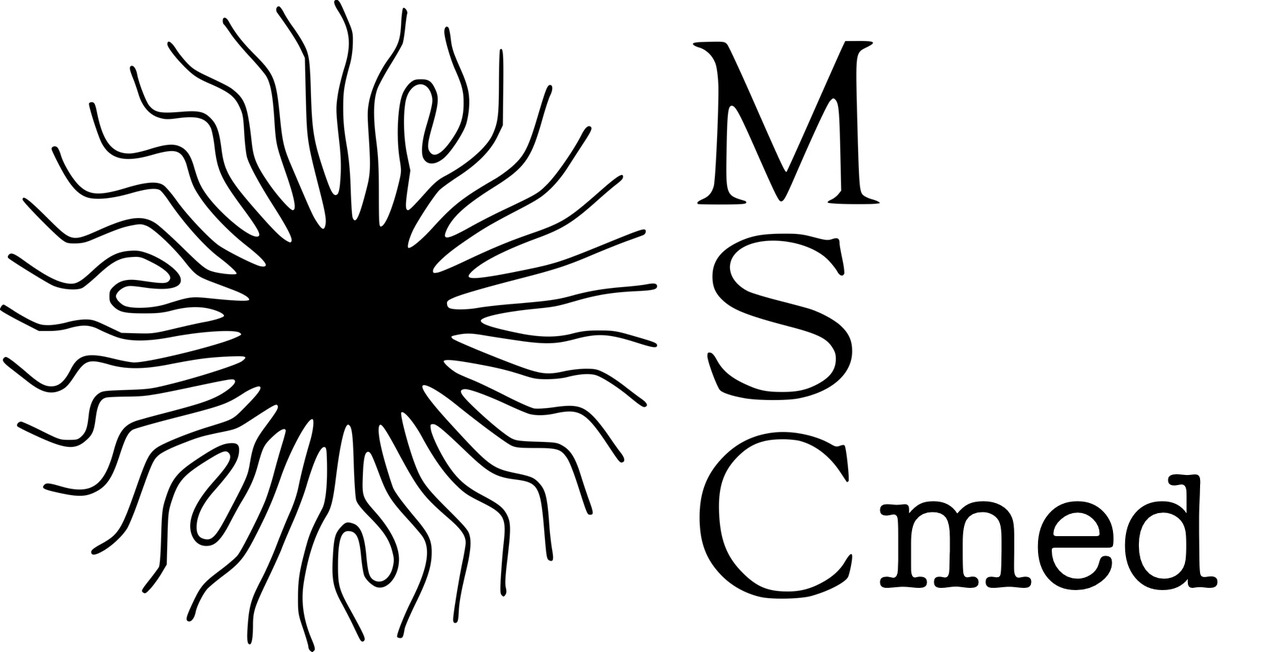People
Permanent Researchers
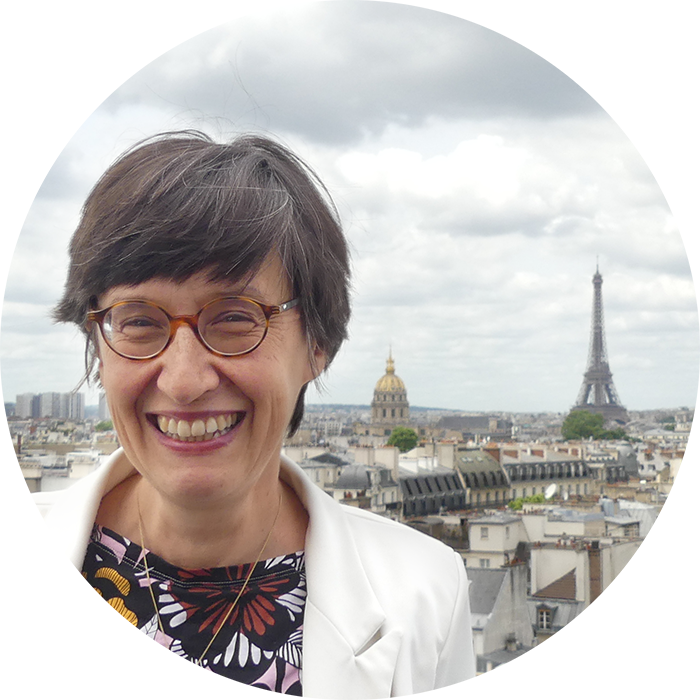
Florence GAZEAU, PhD.
DR - CNRS
Group Leader of MSC-Med
Deputy Director of the MSC Lab
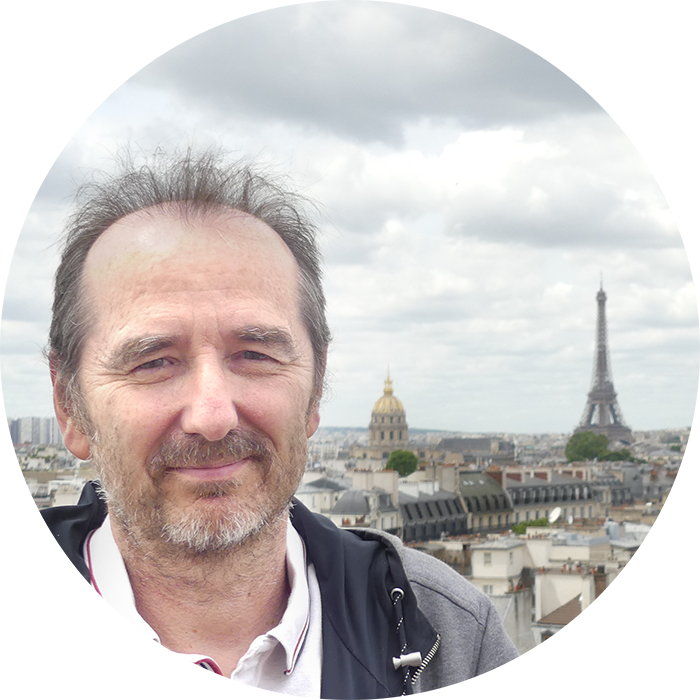
Vincent FLEURY, PhD.
DR - CNRS
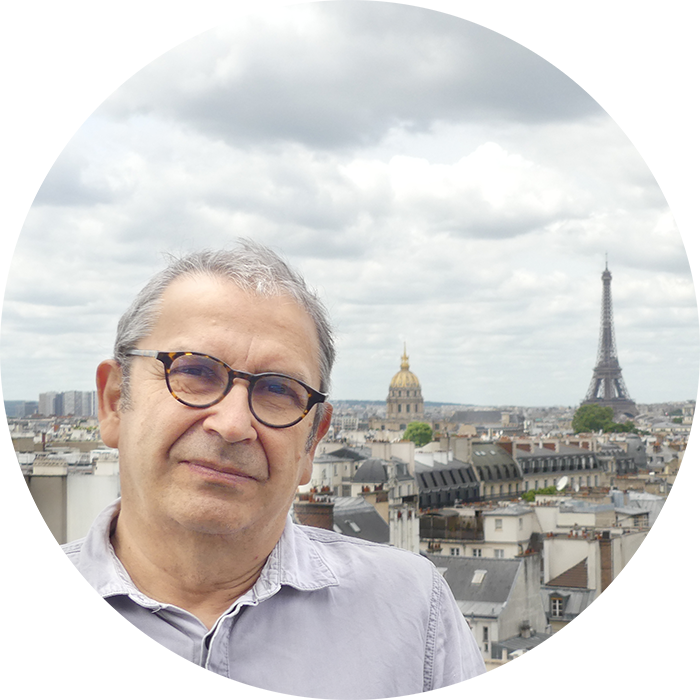
Jean-Marc DI MEGLIO, PhD.
Professor - UPC
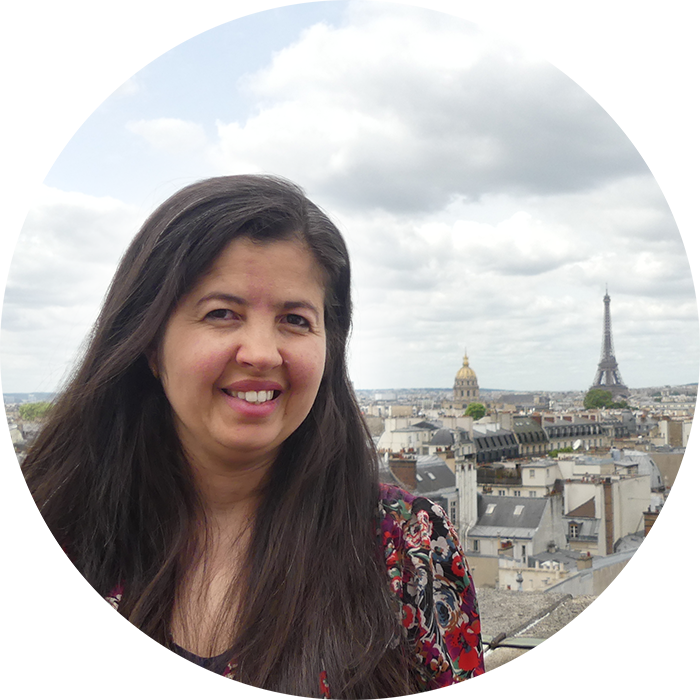
Amanda SILVA BRUN, PharmD., PhD.
CR - CNRS
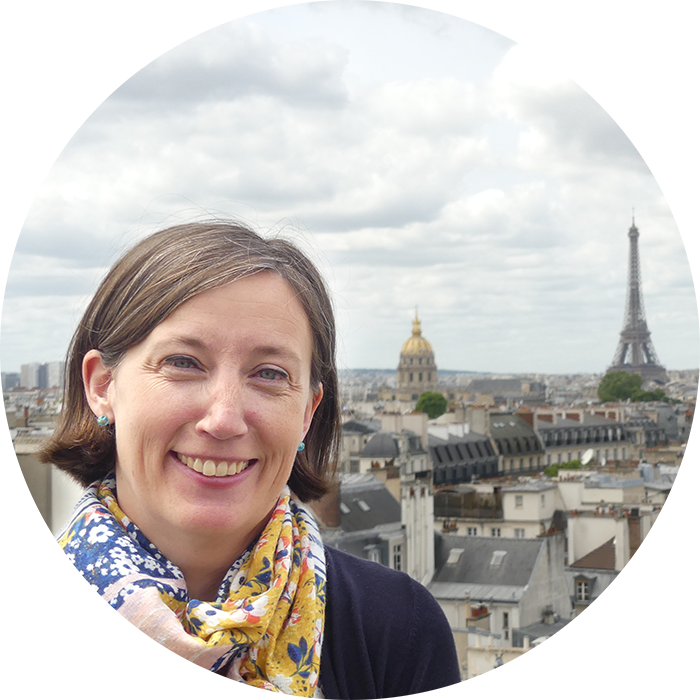
Stéphanie MANGENOT, PhD.
Professor - UPC
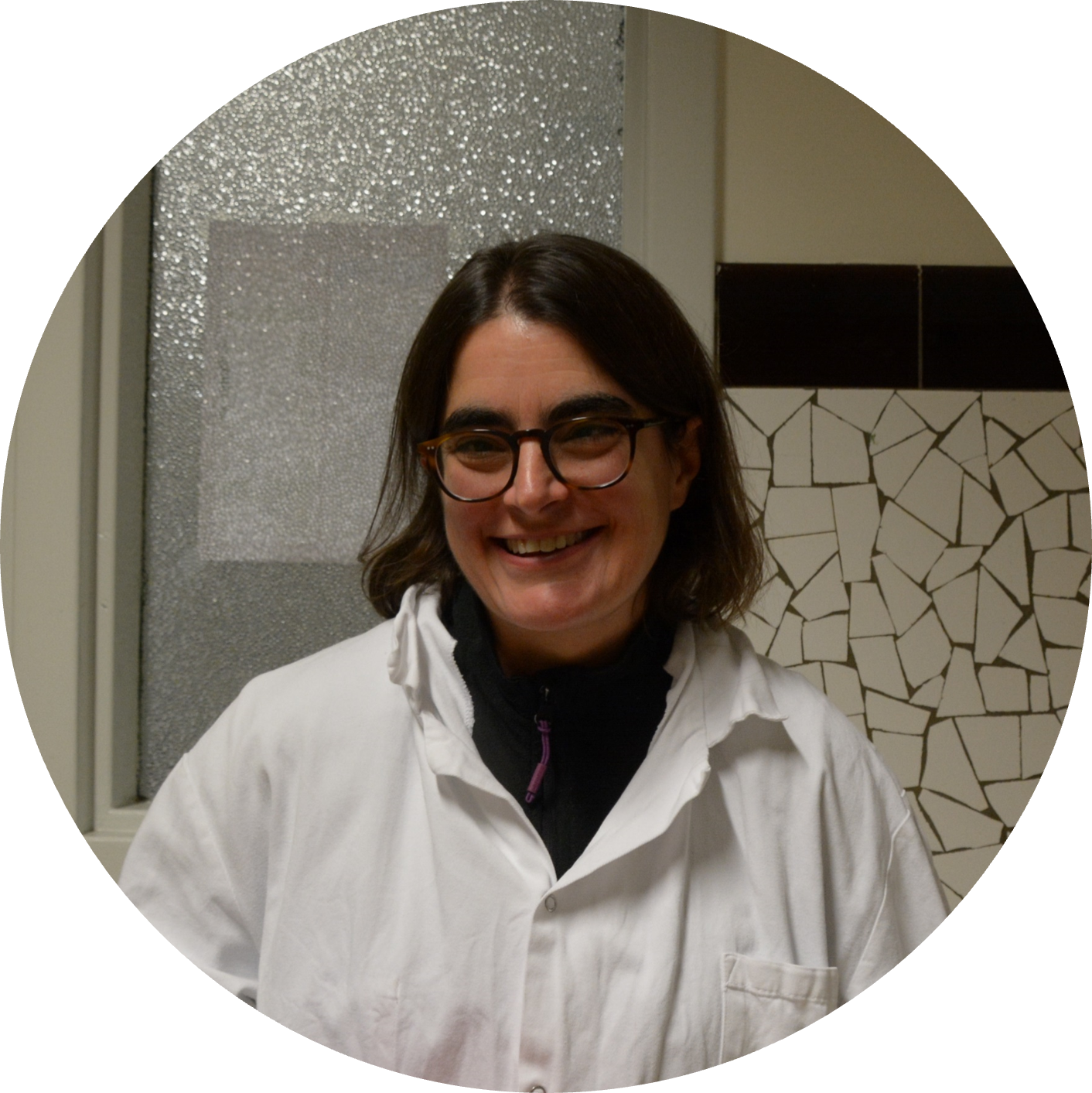
Julia DANCOURT, PhD.
MCF - UPC
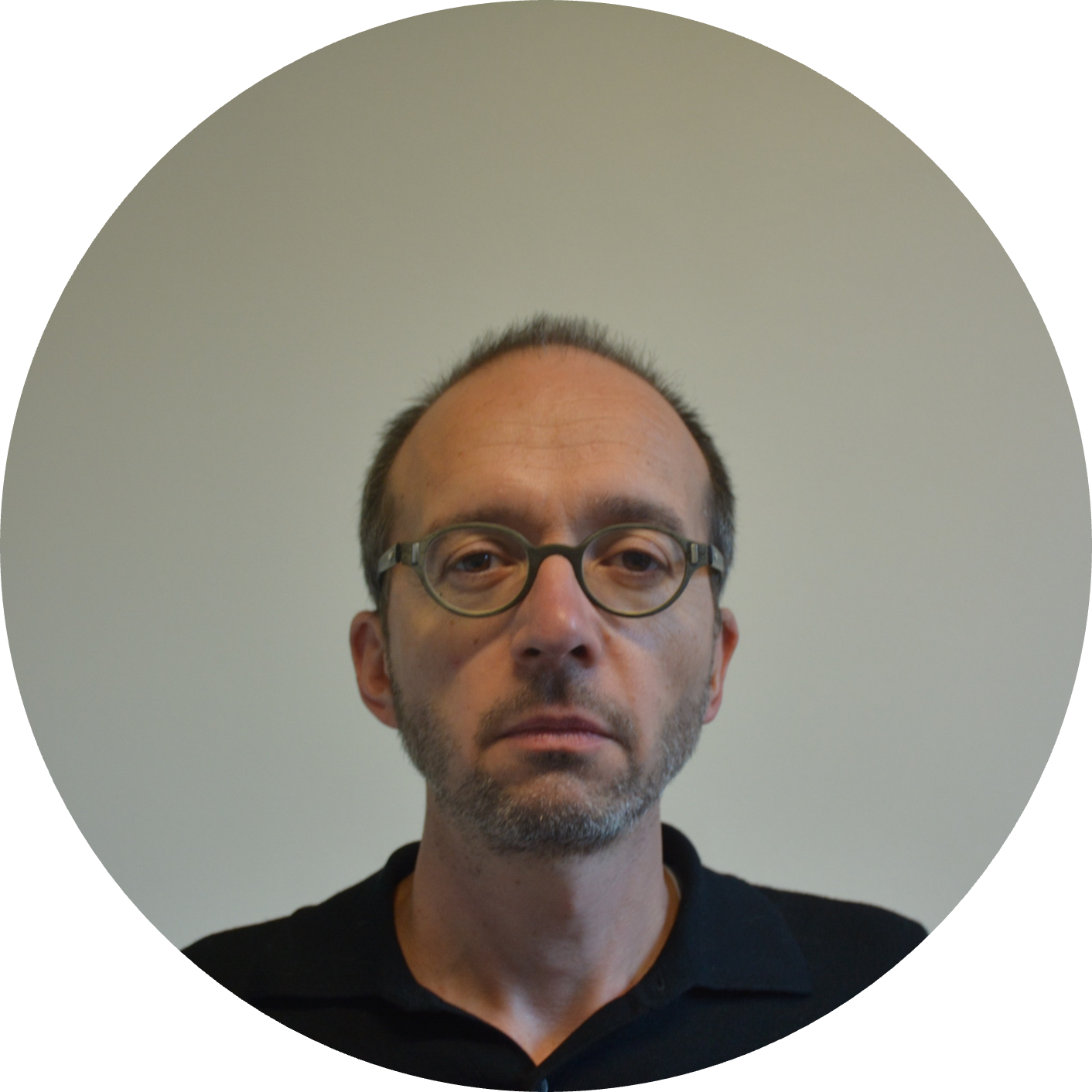
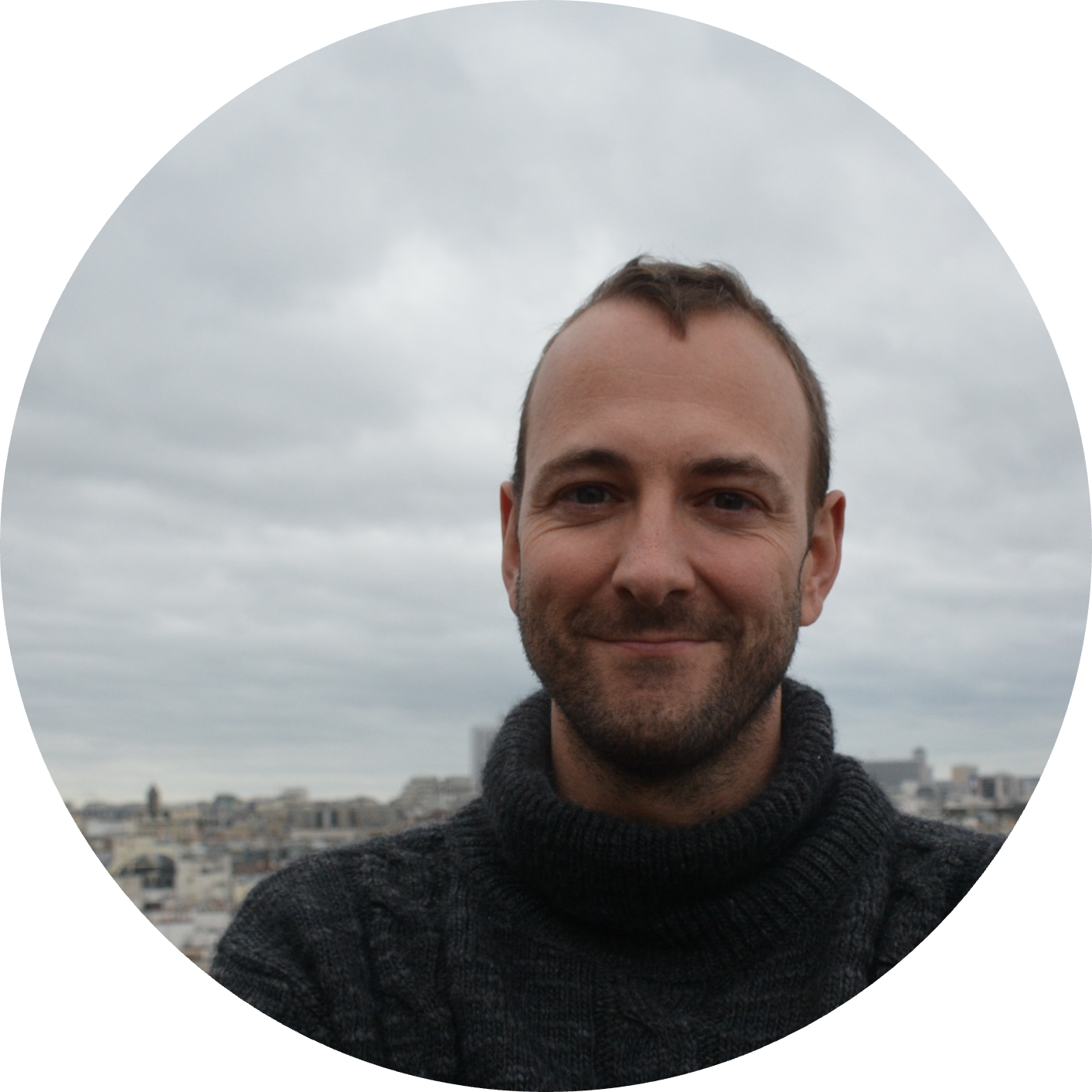
Hugo SALMON, PhD.
Assistant Professor - UPC
Engineers
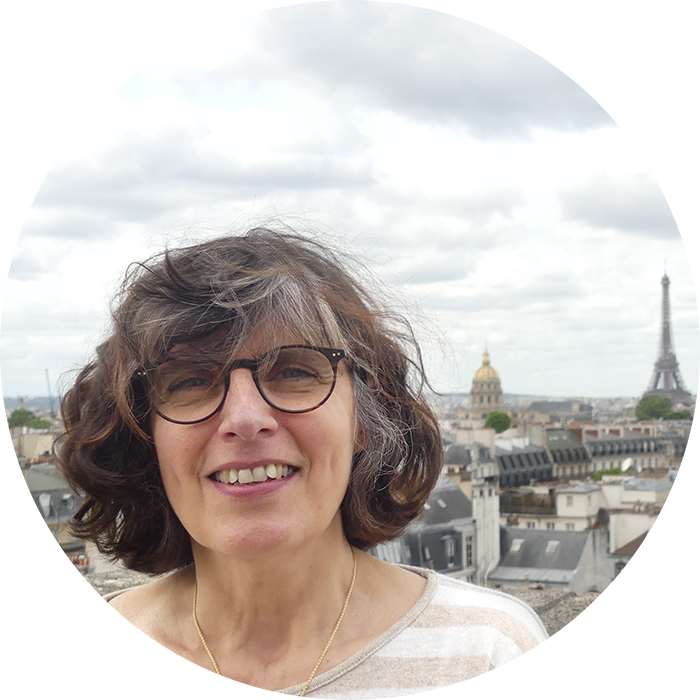
Nathalie LUCIANI, PhD.
IGR - UPC
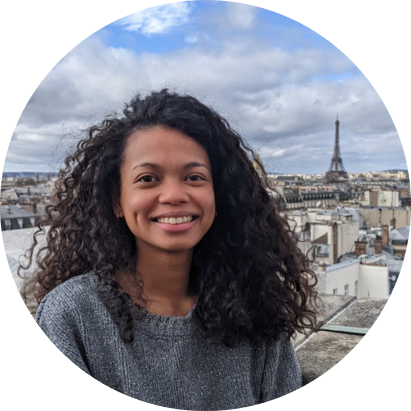
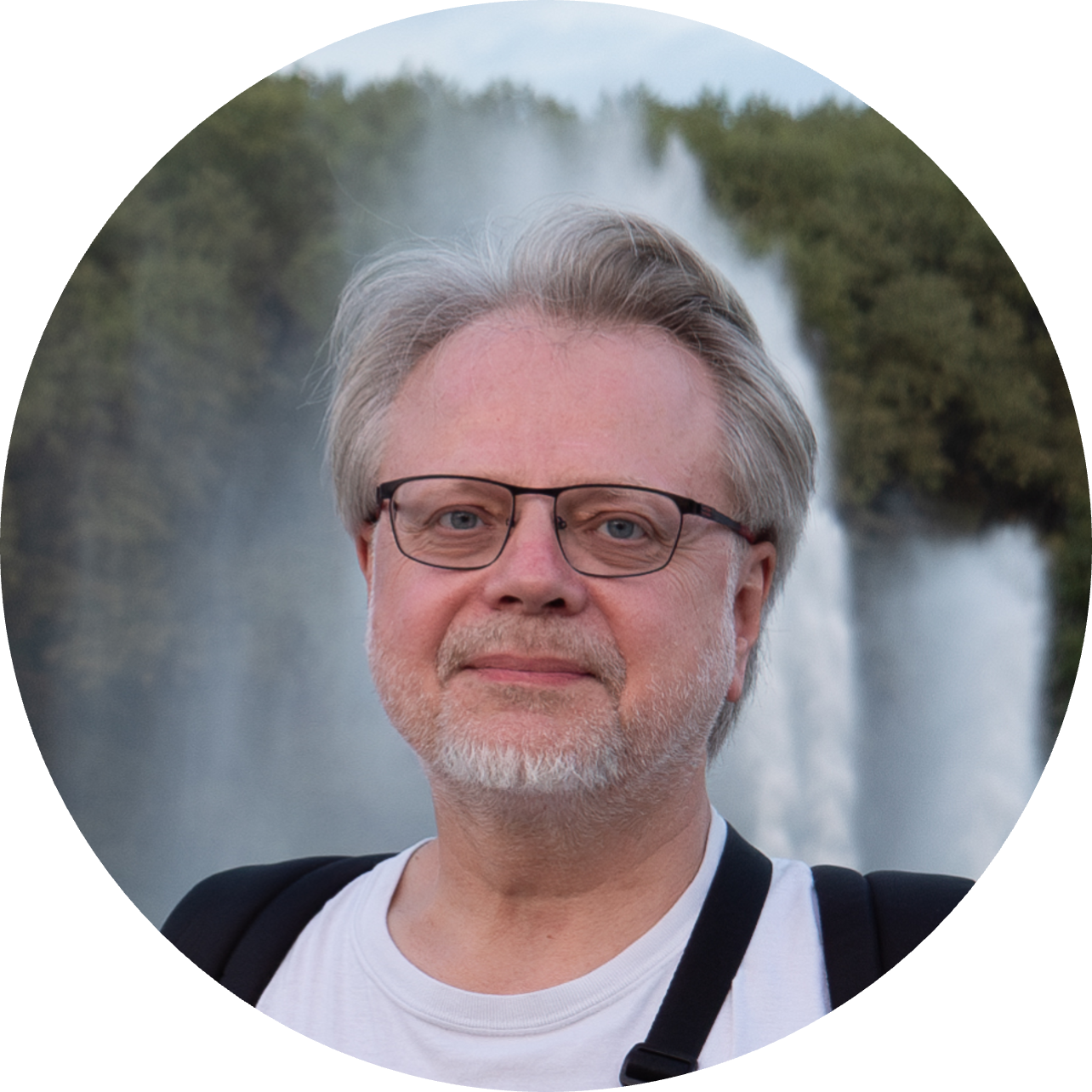
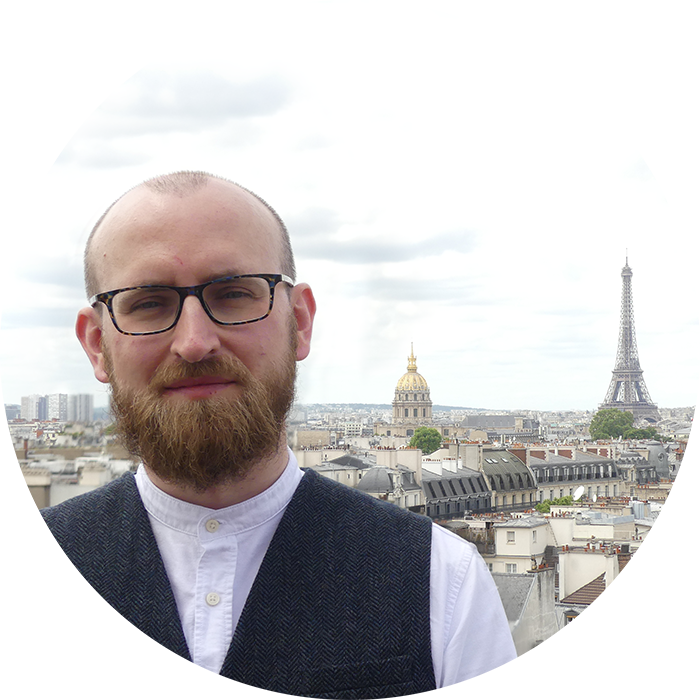
Dmitry AYOLLO, PhD.
IGE - UPC
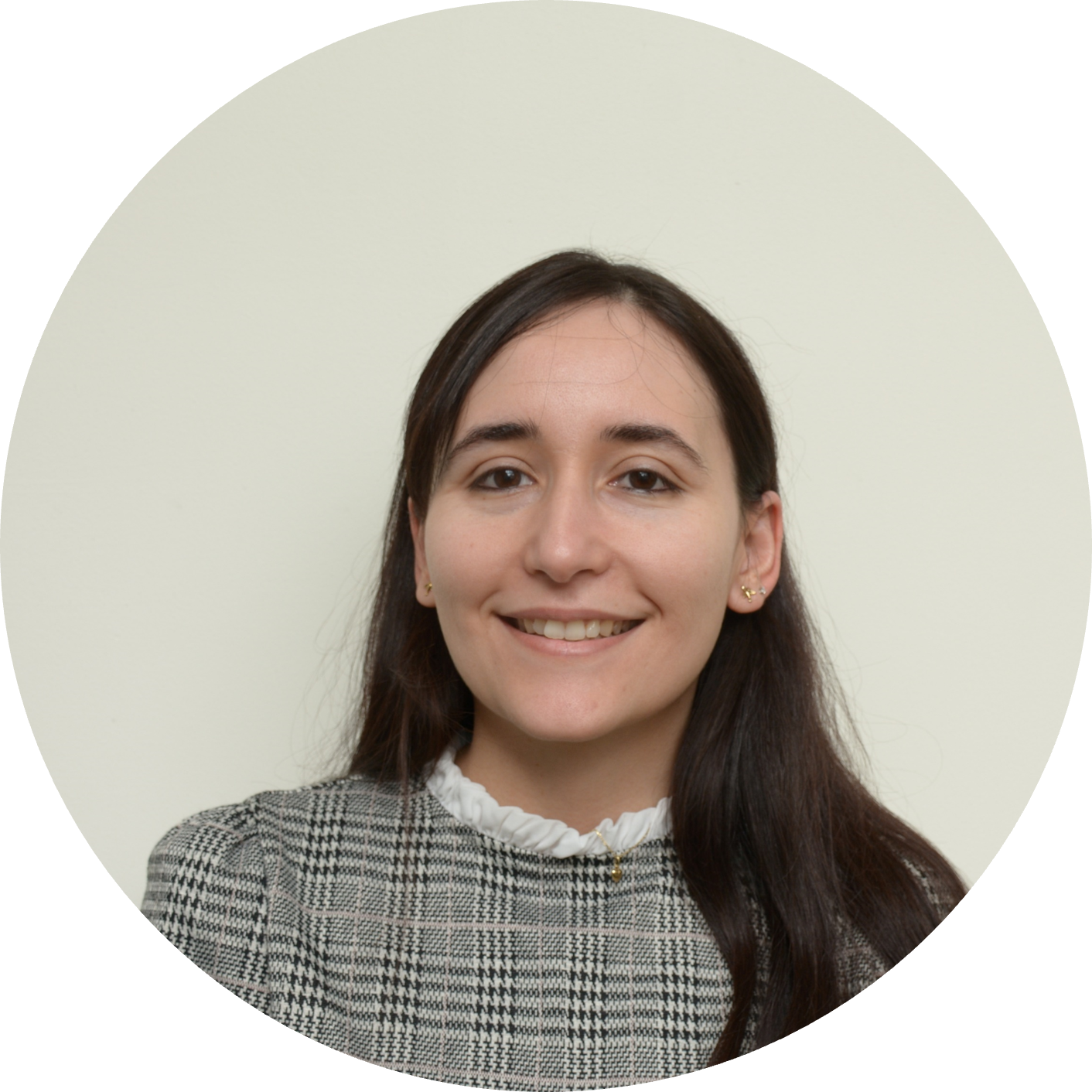
Salwa ABID
IGE - CNRS
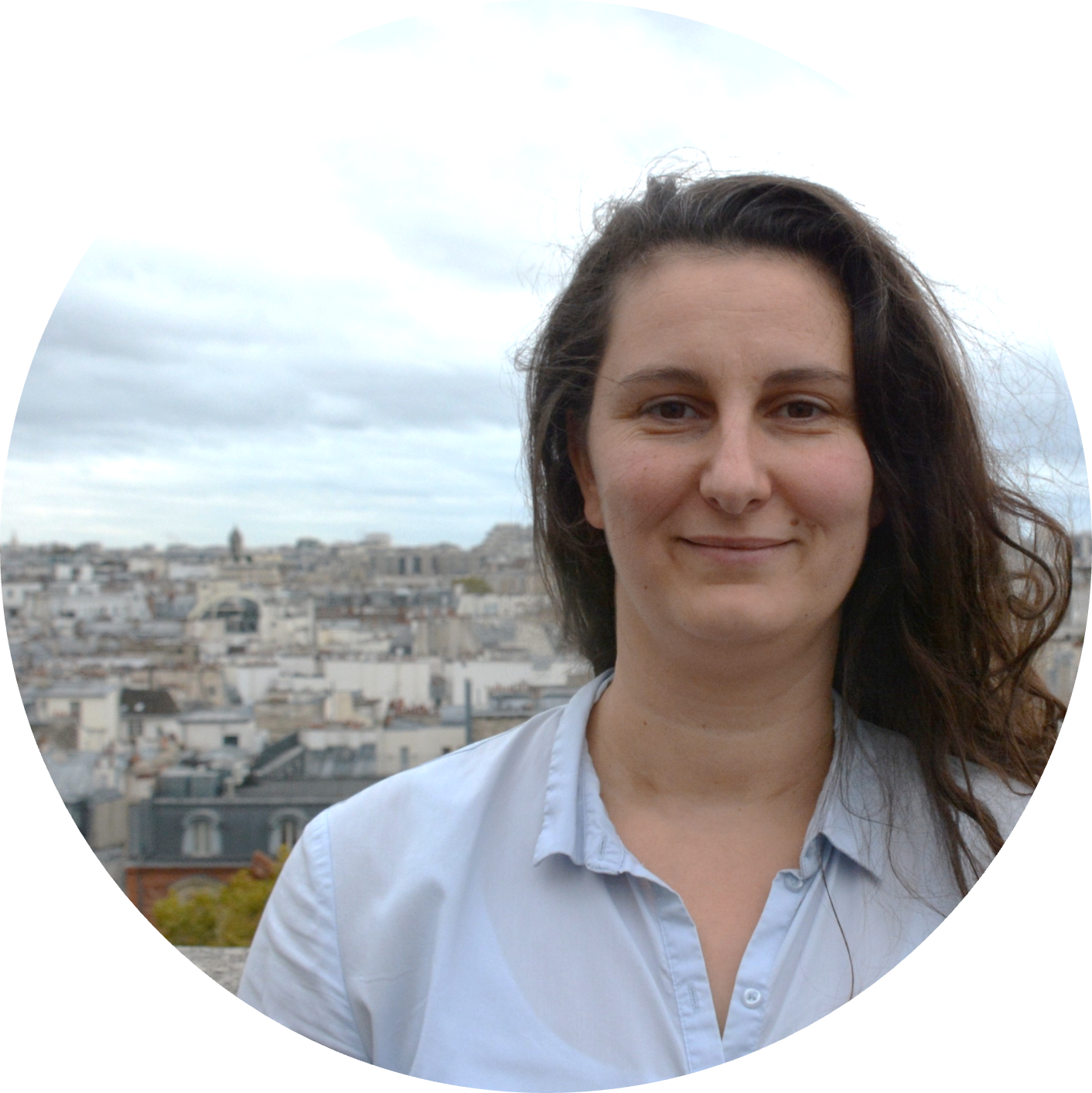
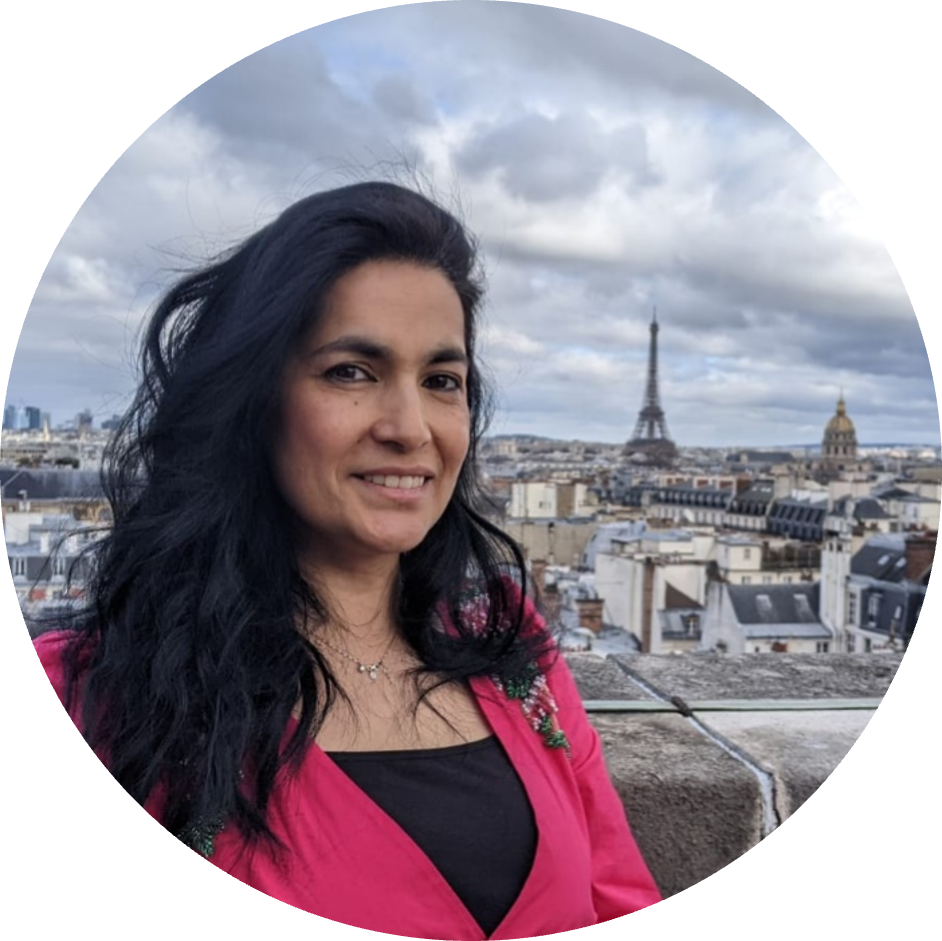
Technical Team
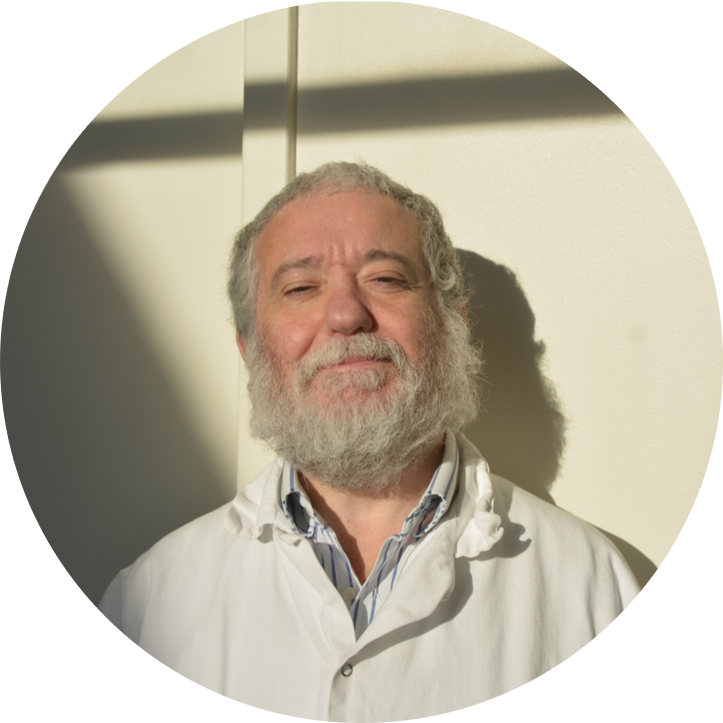
Elie BERDA
AJT
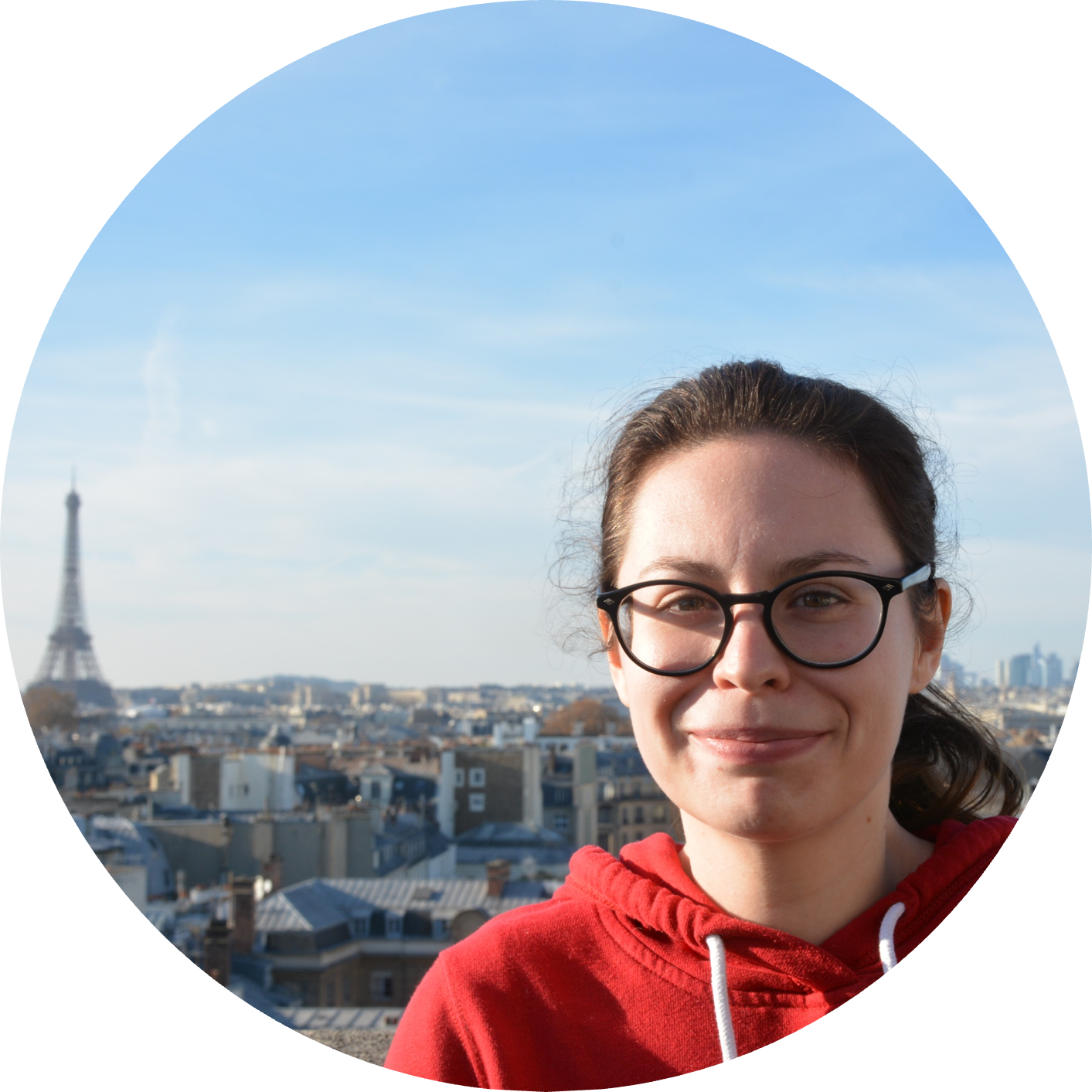
Estelle SURPLY
AI
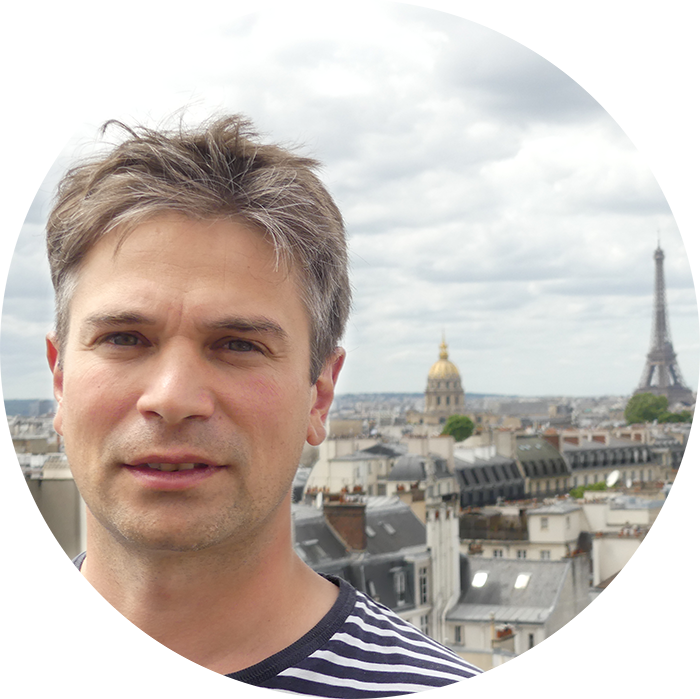
Christopher RIBES
Biological Technician
Postdoctoral Researchers

Sabah MOZAFARI, PhD.
Postdoctoral Researcher

Mahshid HASHEMKHANI, PhD.
Postdoctoral Researcher

Sheryl BUI, PhD.
Postdoctoral Researcher
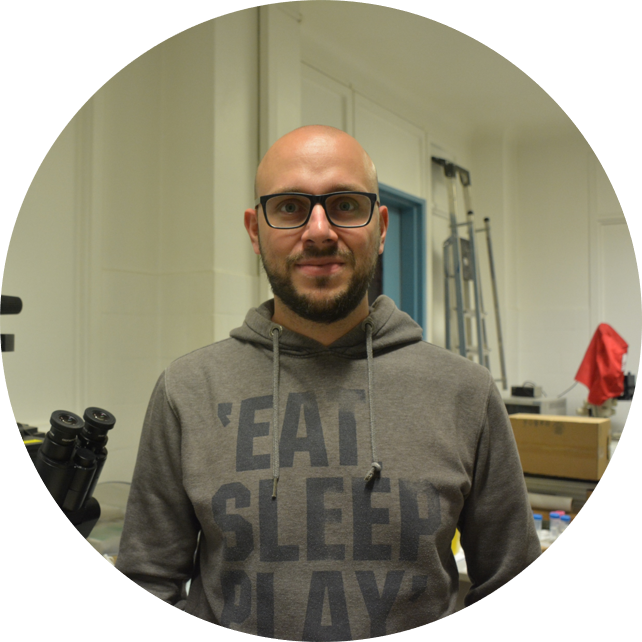
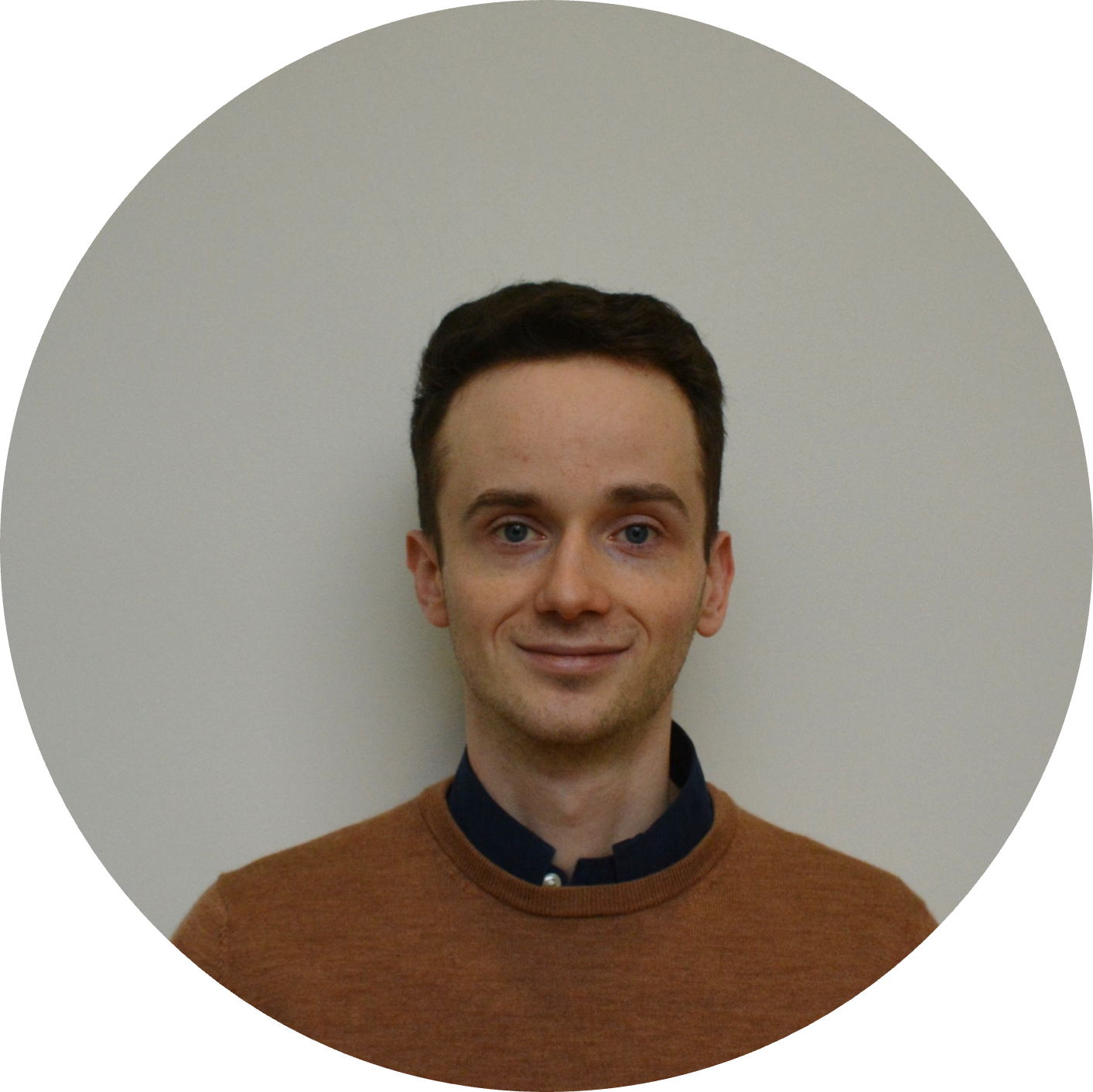
Pierre TAPIE, PhD.
Postdoctoral Researcher

Anna SEBBAGH
Postdoctoral Researcher
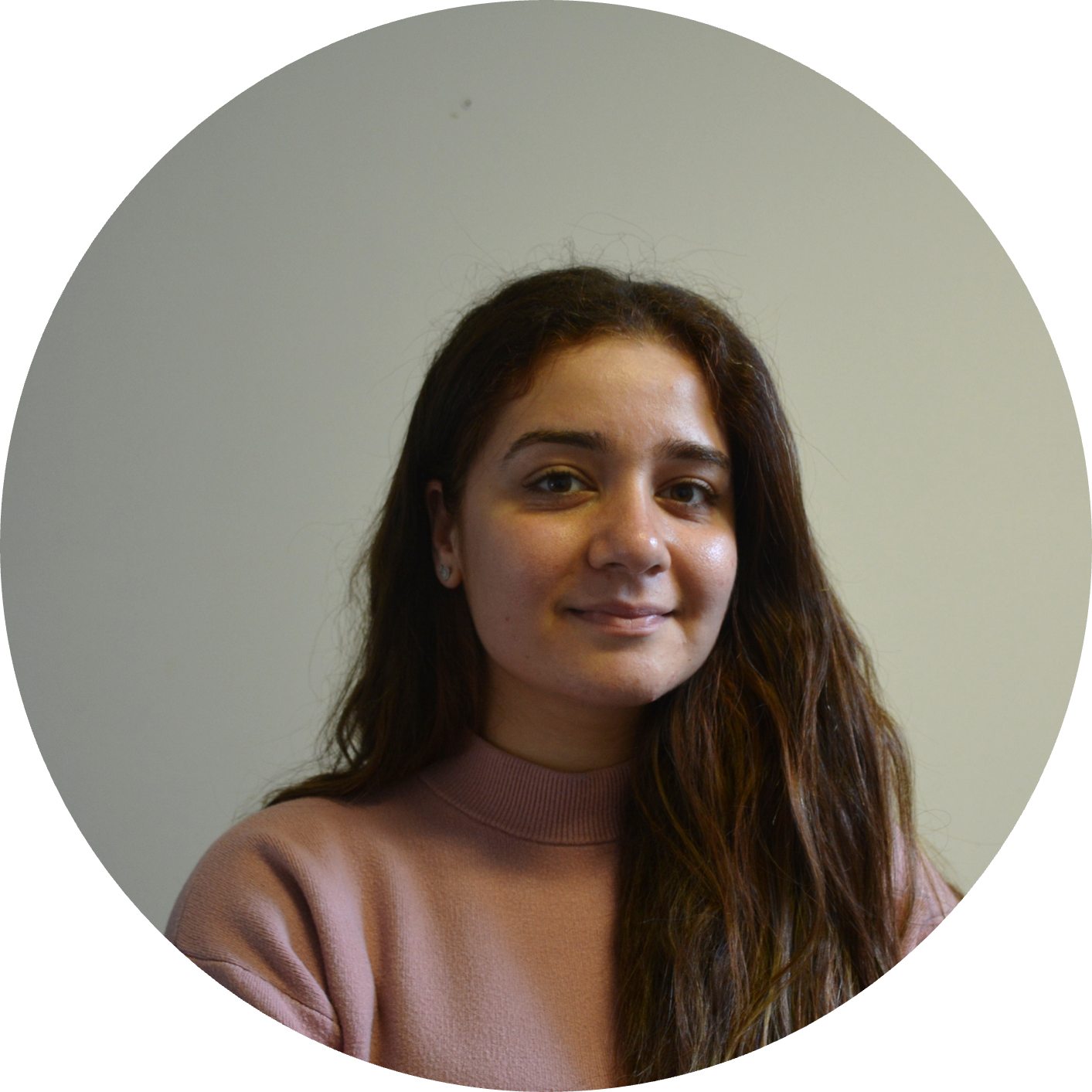
Zahra AL AMIR DACHE, PhD.
Postdoctoral Researcher
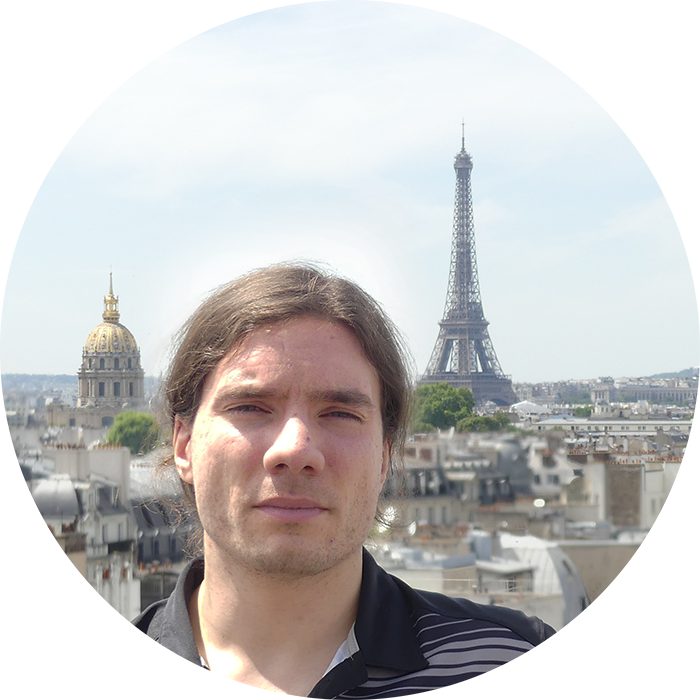
Fabien PICOT, Eng., PhD.
Postdoctoral Researcher
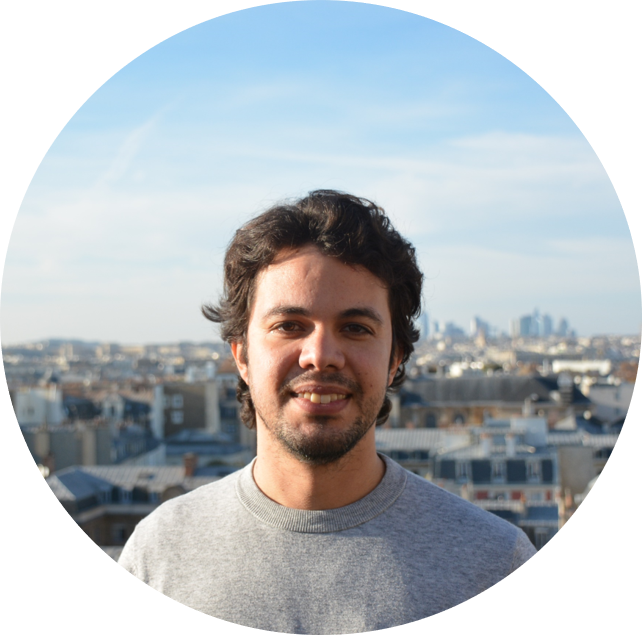
André CRONEMBERGER, PhD.
Postdoctoral Researcher
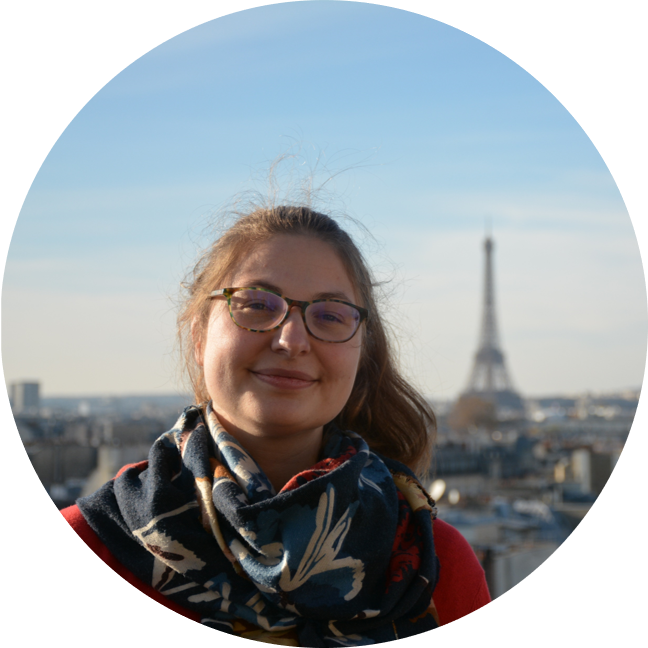
Lucile ALEXANDRE, PhD.
Postdoctoral Researcher
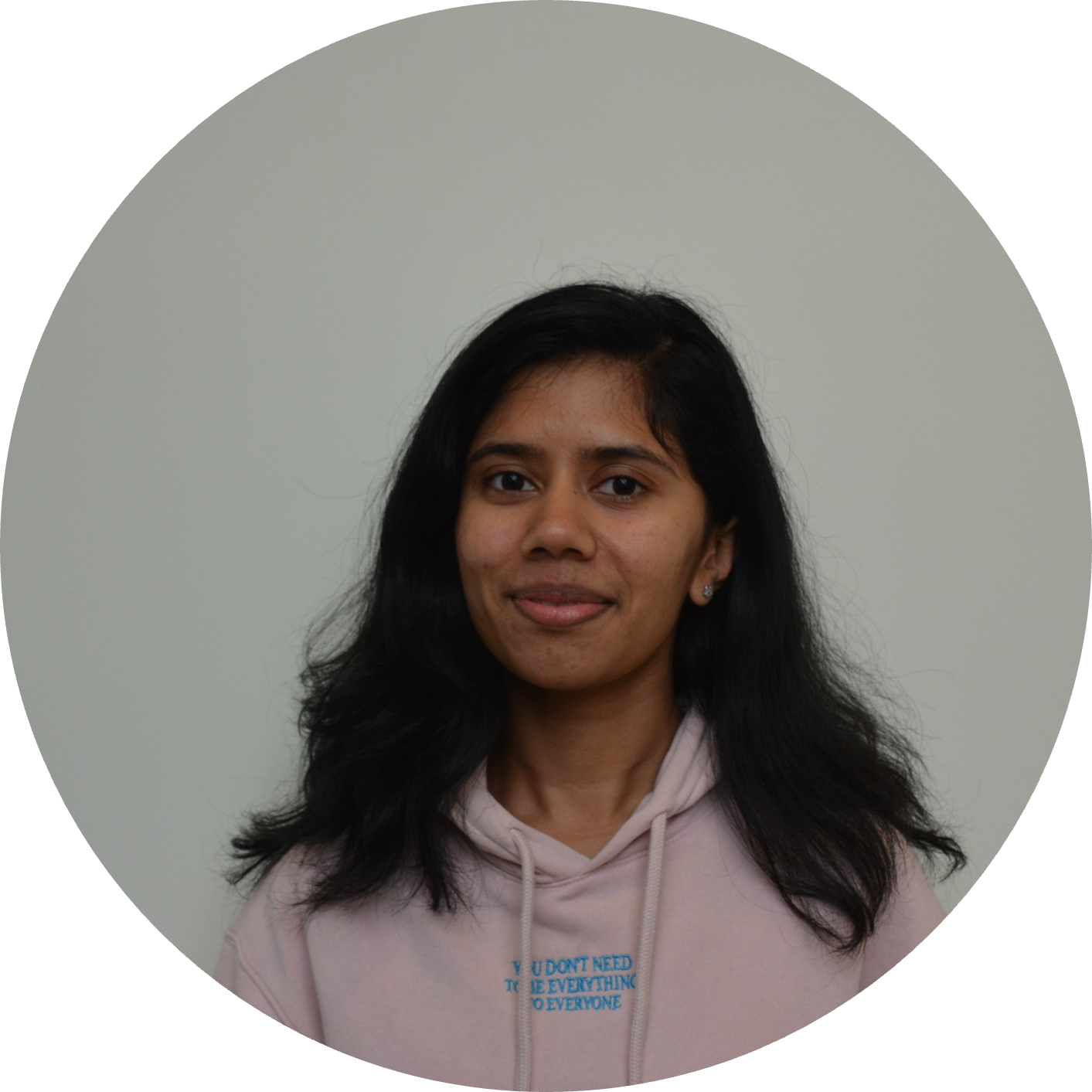
Amrutha PRABHAKARAN, PhD.
Postdoctoral Researcher
PhD Students
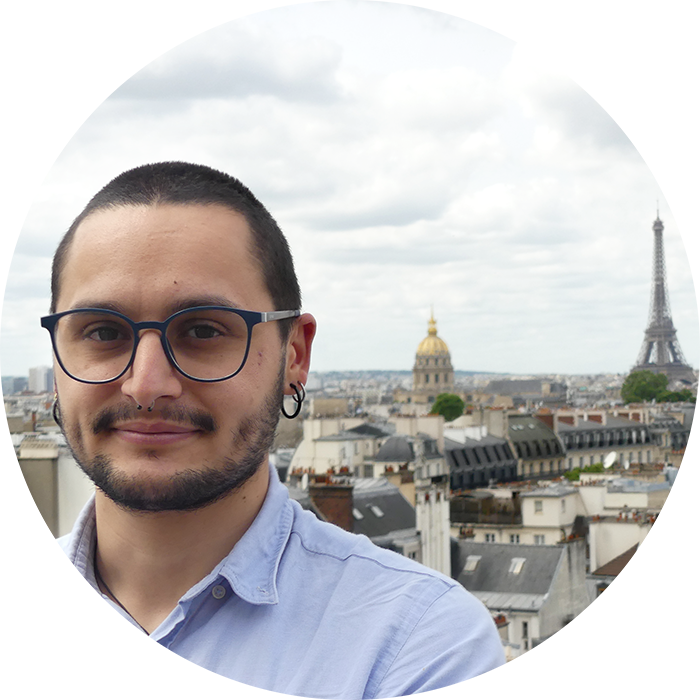
Giulio AVVEDUTO
PhD Student

Sylvain CAM
PhD Student
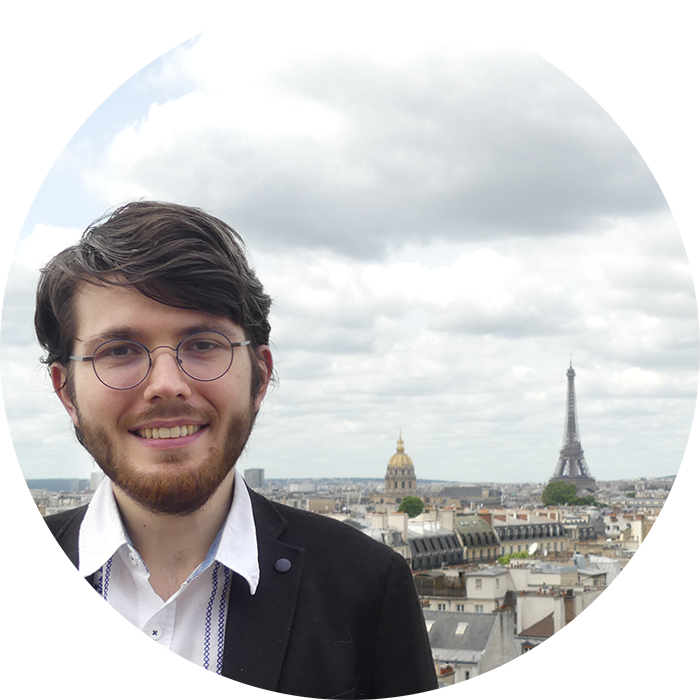
Nicolas KUSZLA
PhD Student
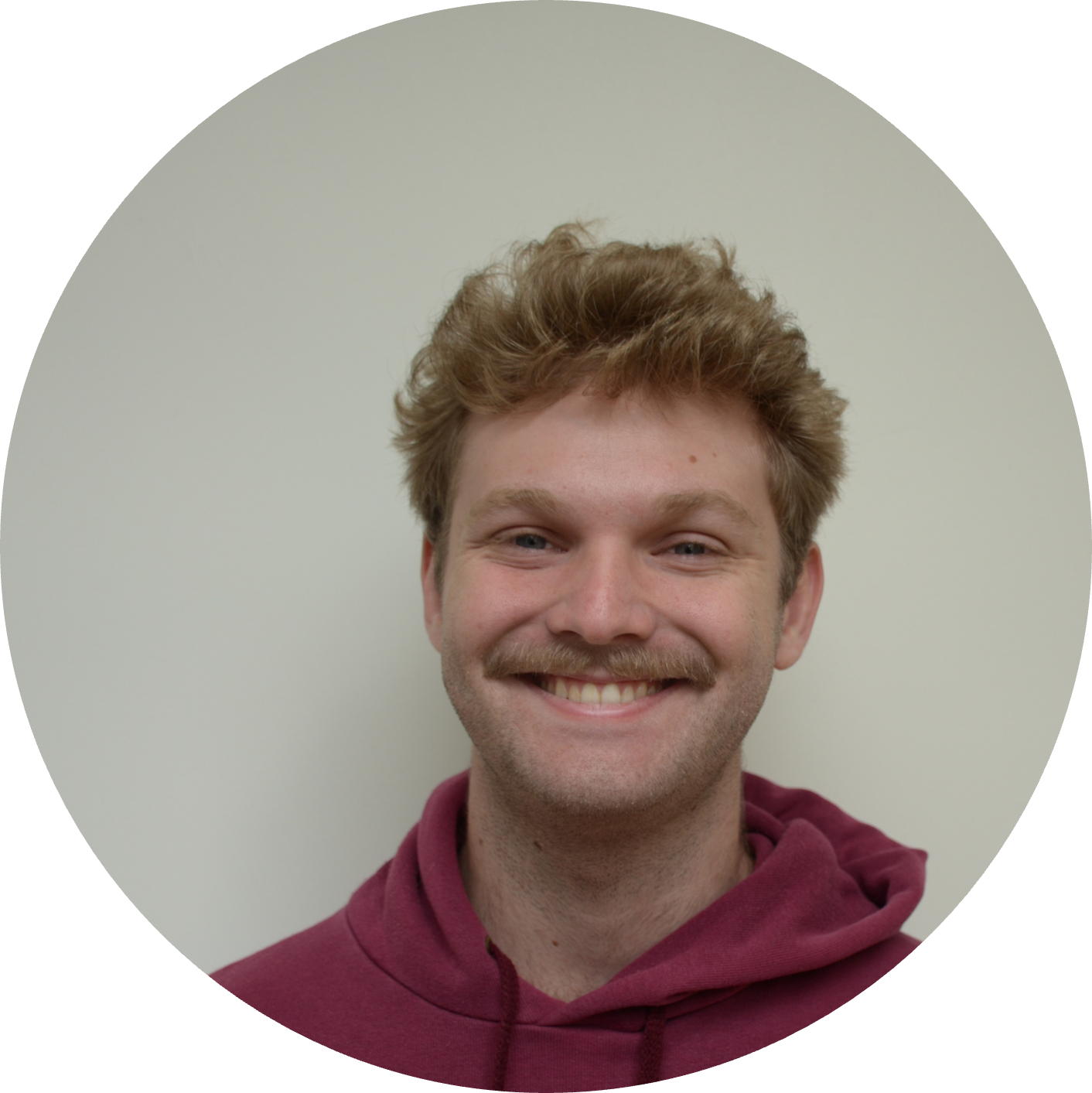
Augustin GUICHARD
PhD Student
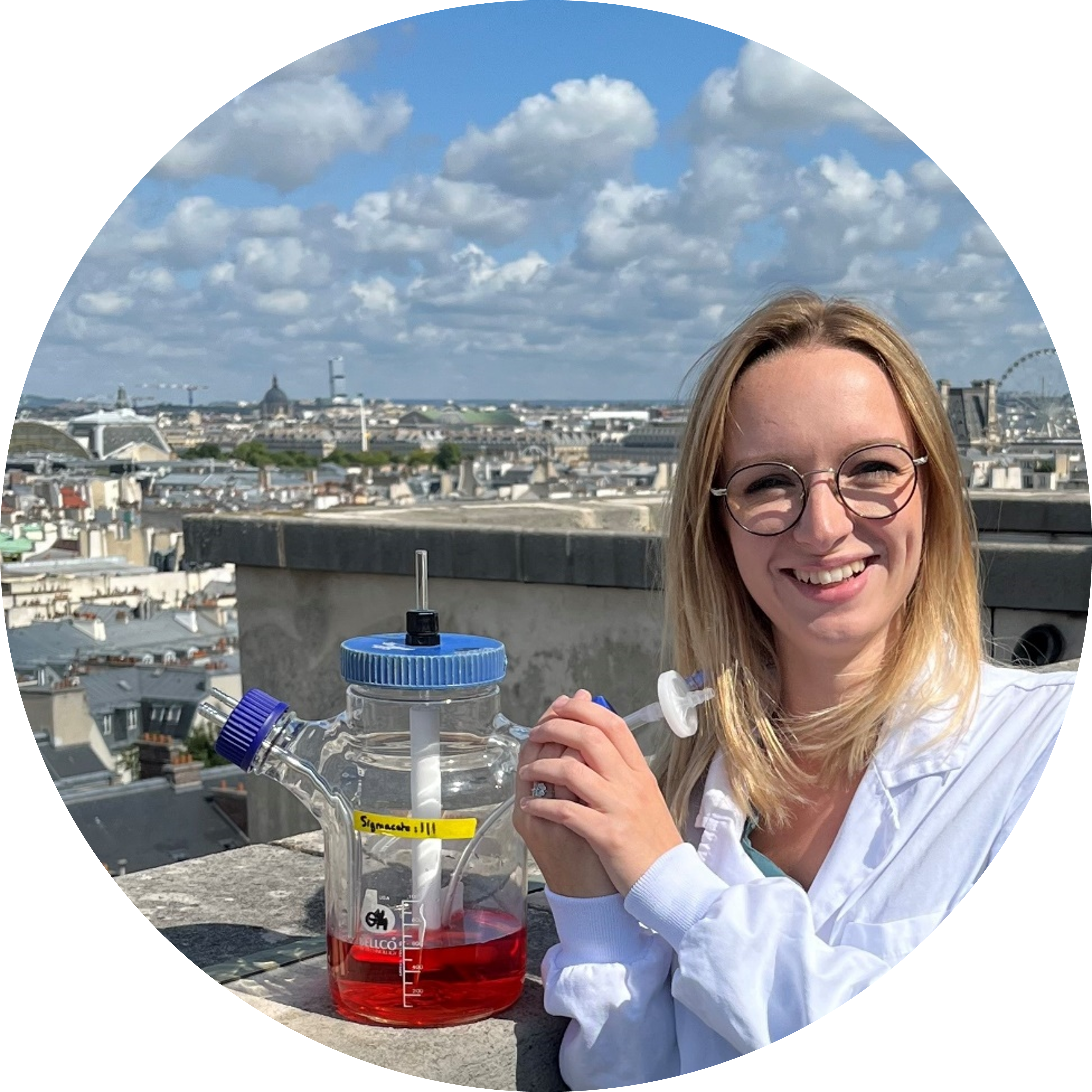
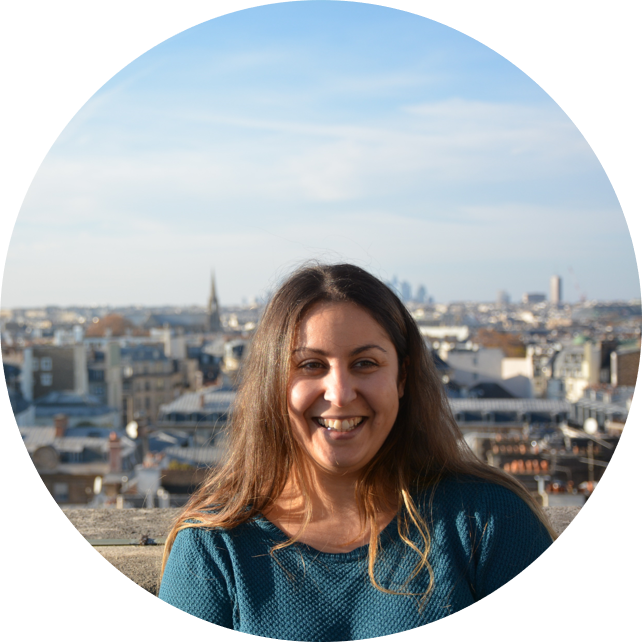
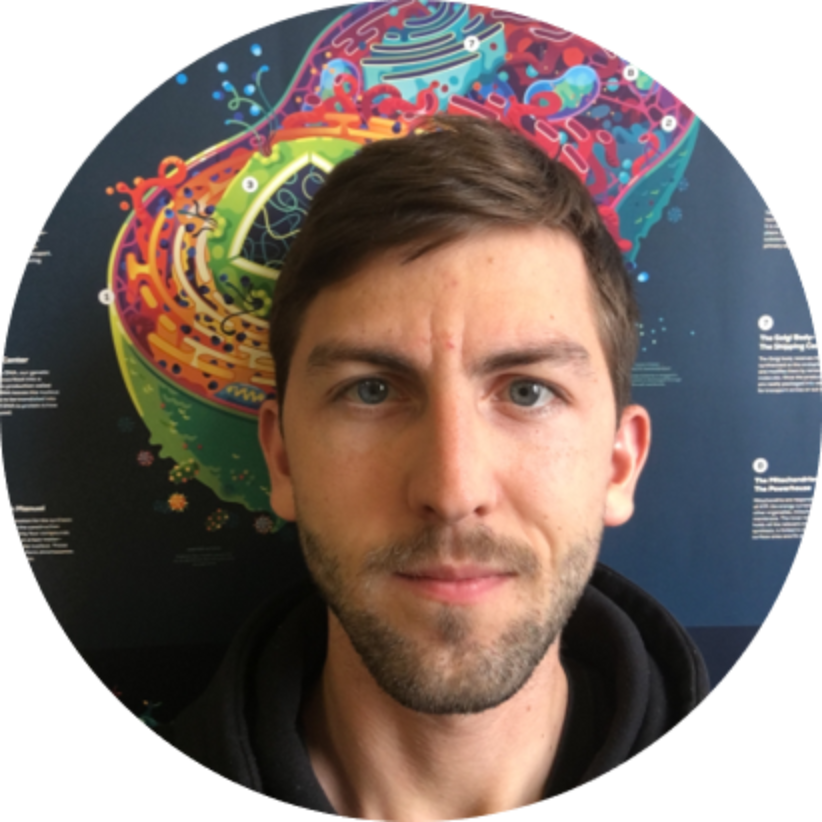
Jean-Baptiste MATTIONI
PhD Student
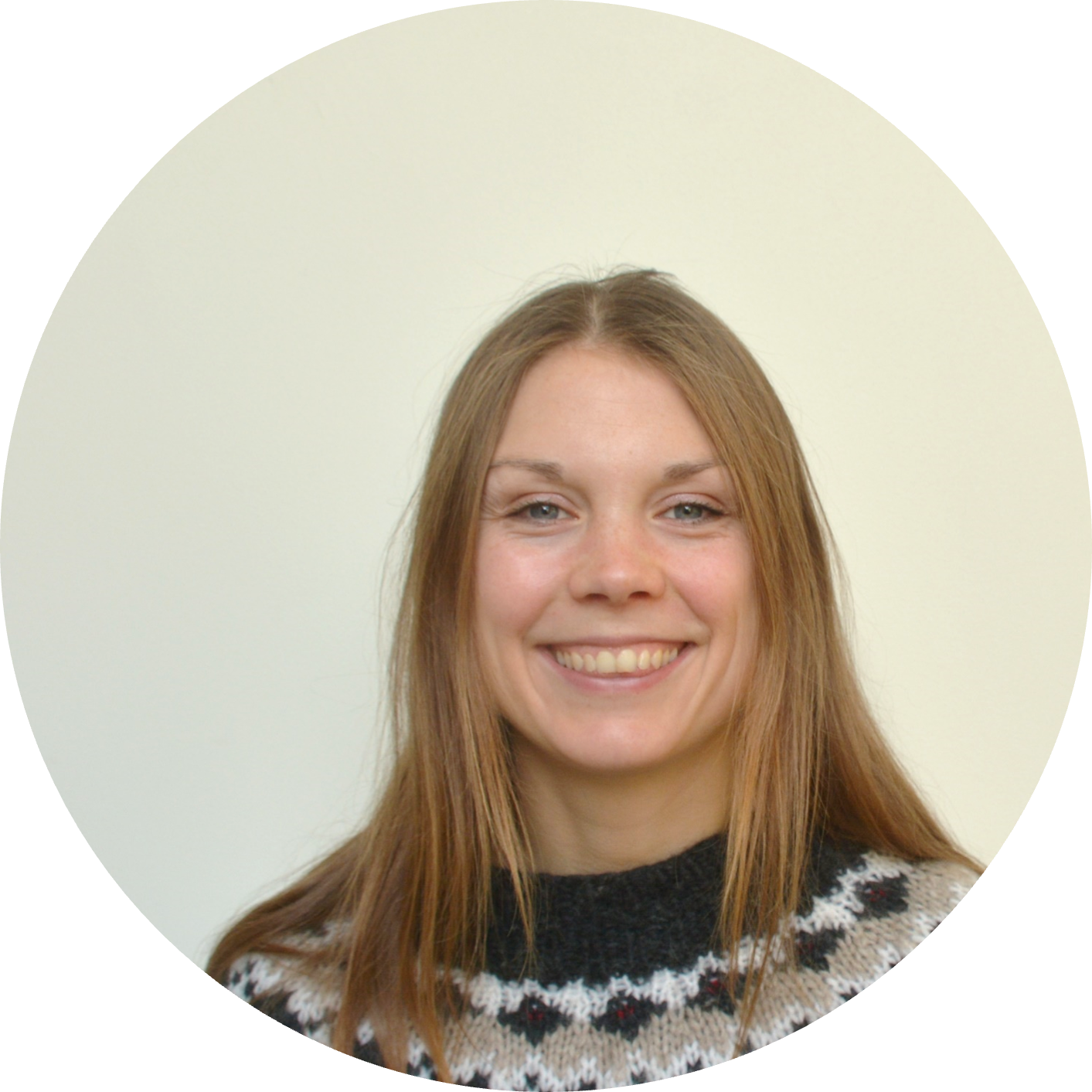
Amalie LEINEBO
PhD Student
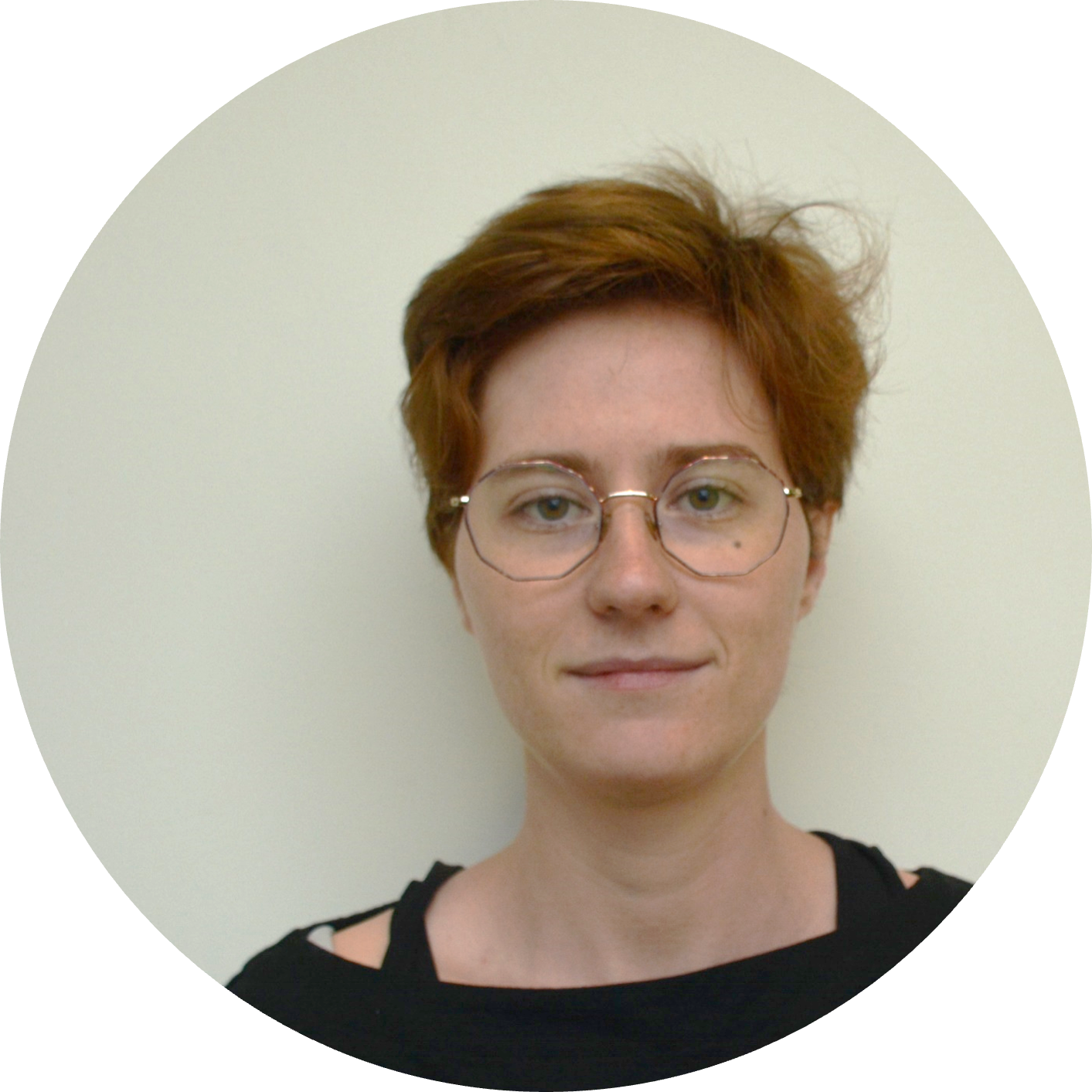
Camille CALAMIER
PhD Student
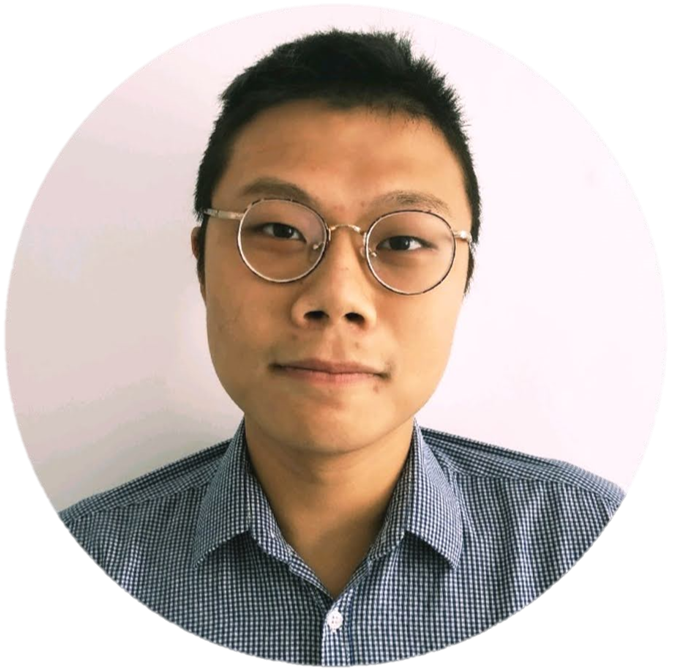
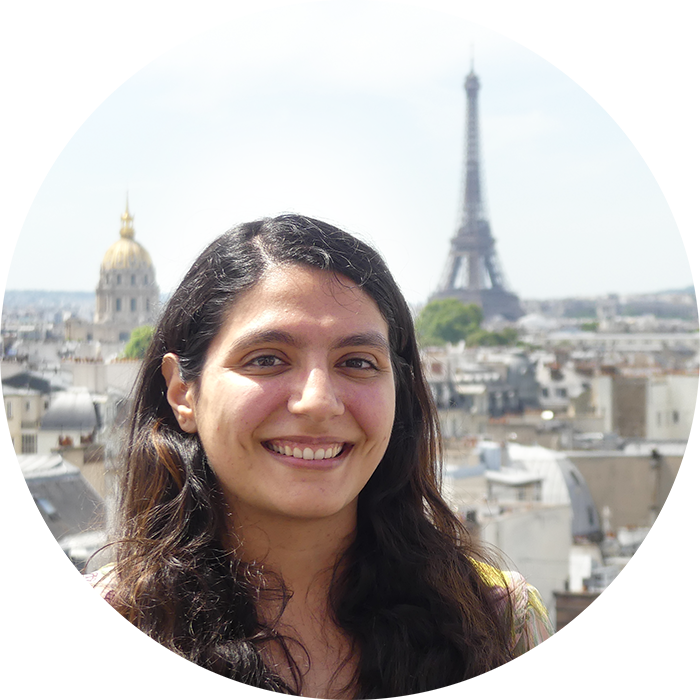
Léa JABBOUR
PhD Student
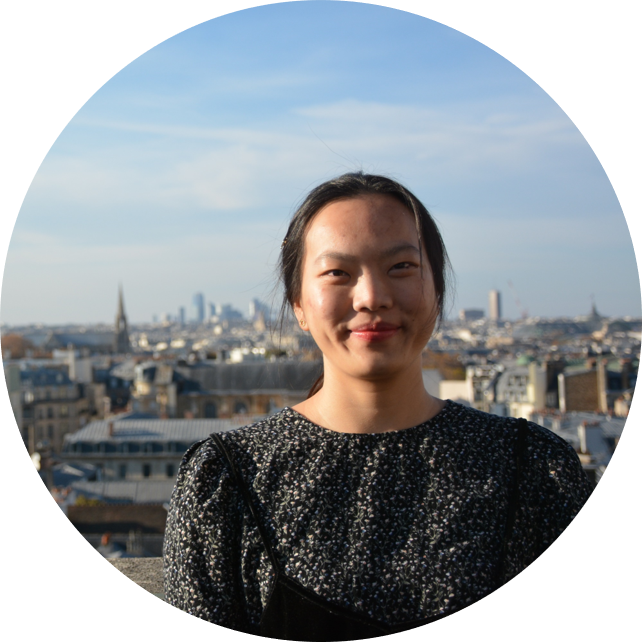
Panli YU
PhD Student
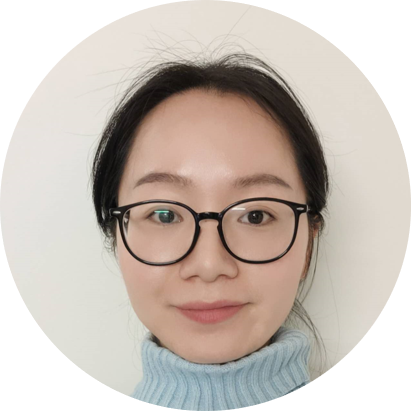
Huan CHEN
PhD Student
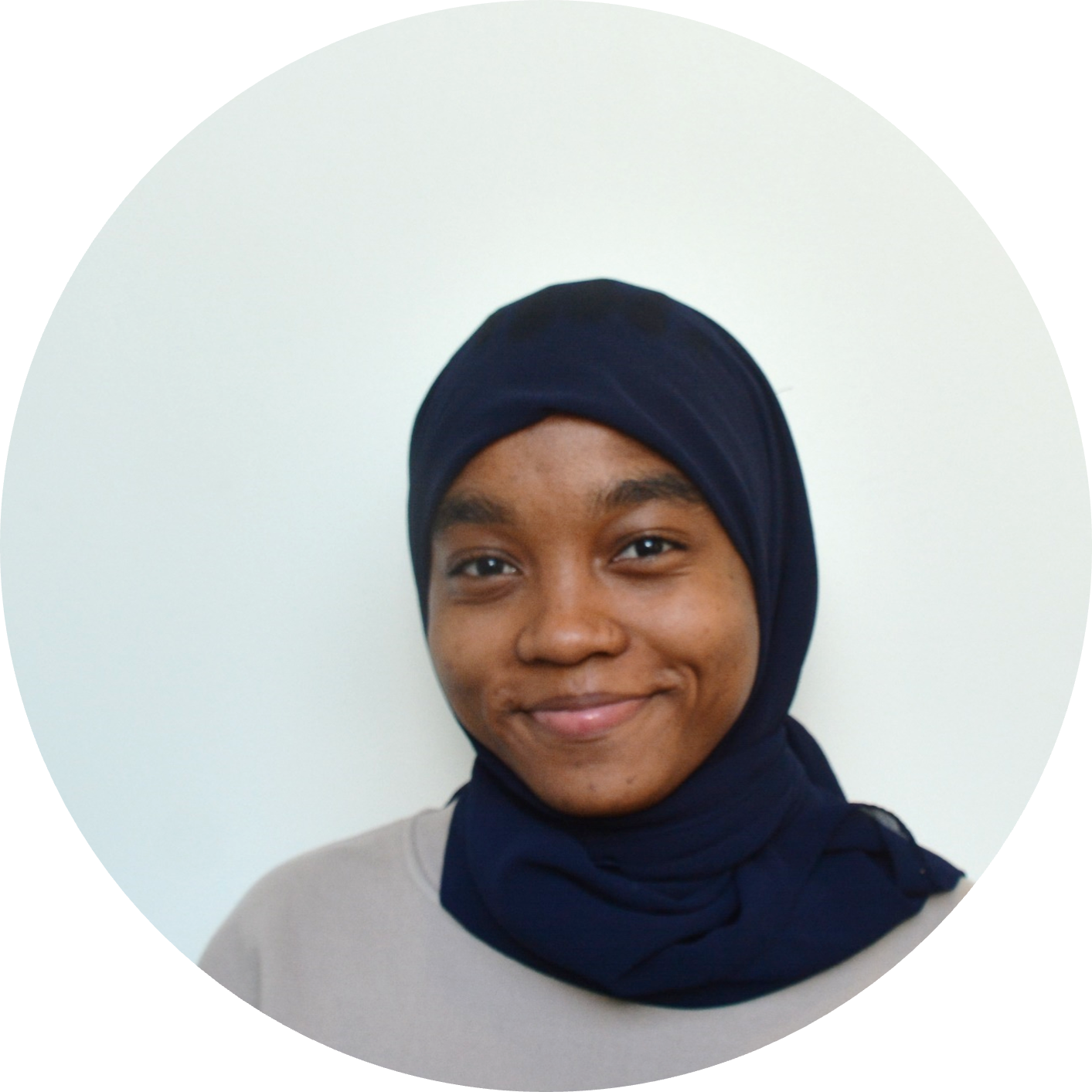
Hidaya M'COLO-MARI
PhD Student
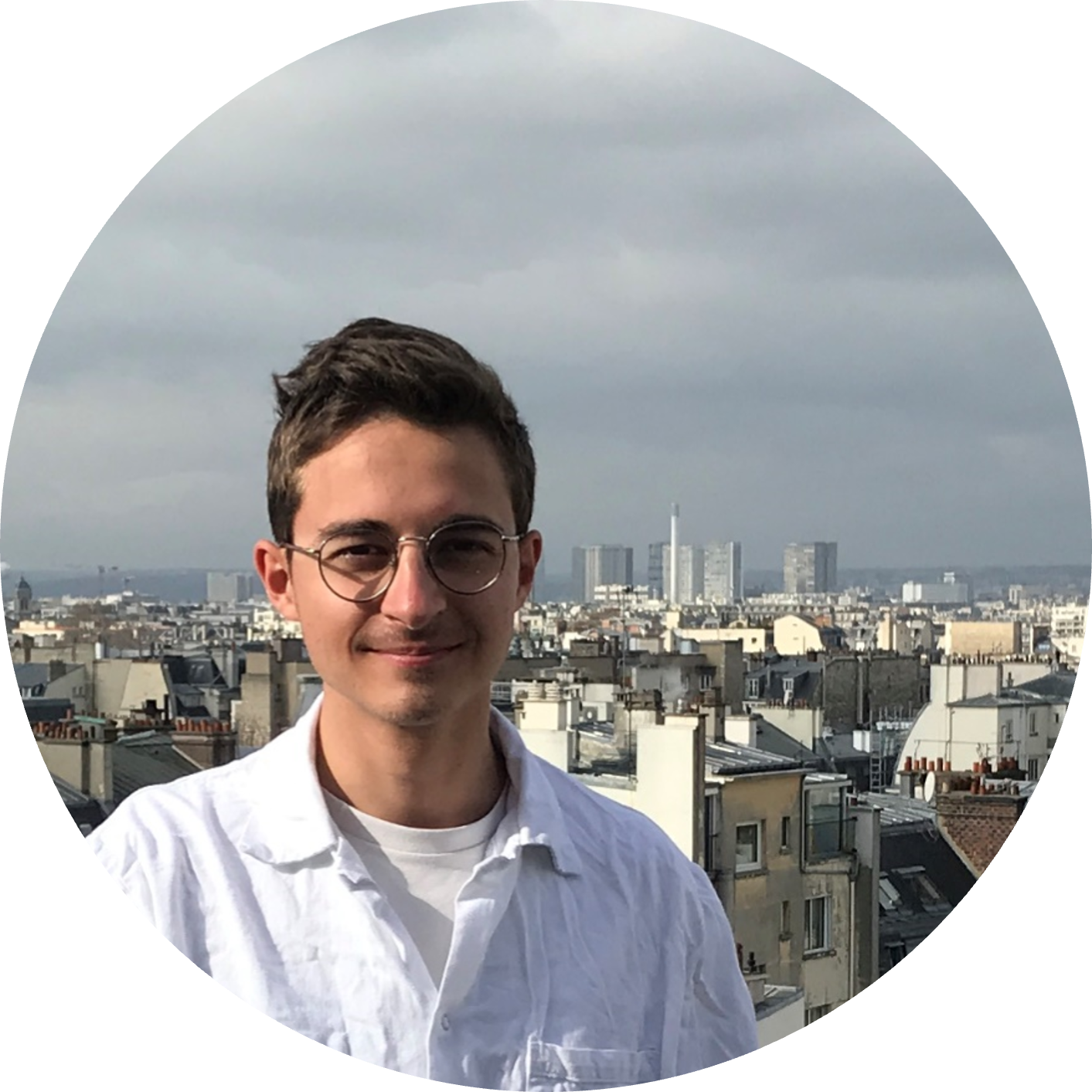
Interns
Auriane DEBACHE (M2)
Camille FORTIN (M2)
Victoria QUESTEL (M2)
Administration Team
Visiting Researchers and Students
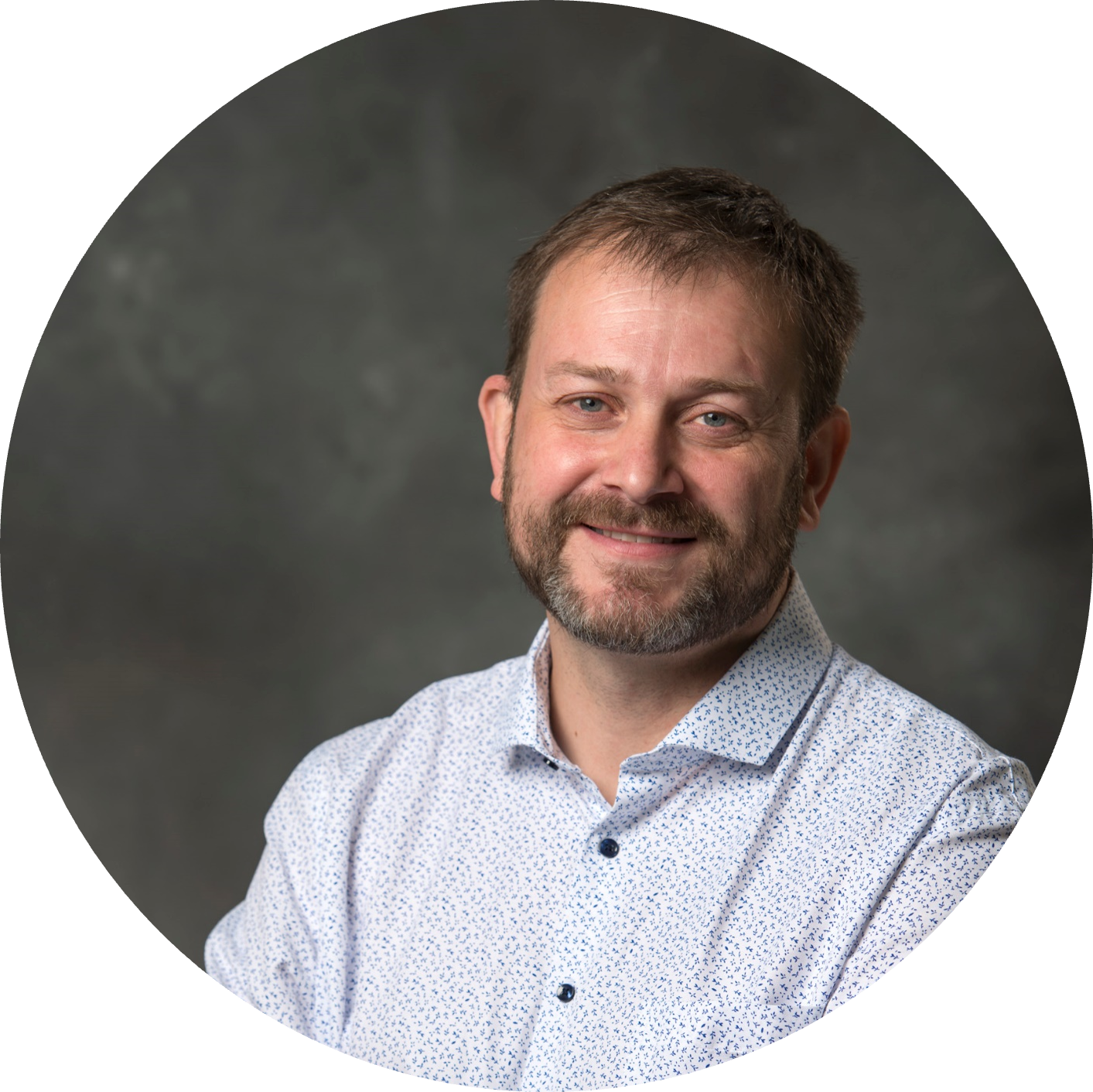
Olivier BLANC-BRUDE
CR - CNRS
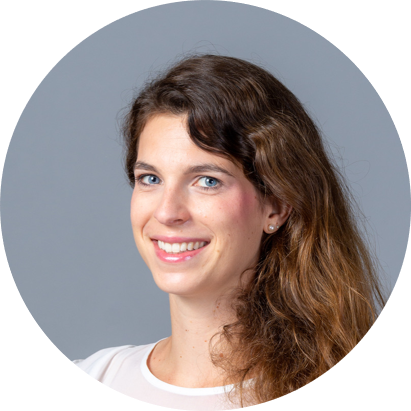
Nikaïa SMITH
CR - INSERM
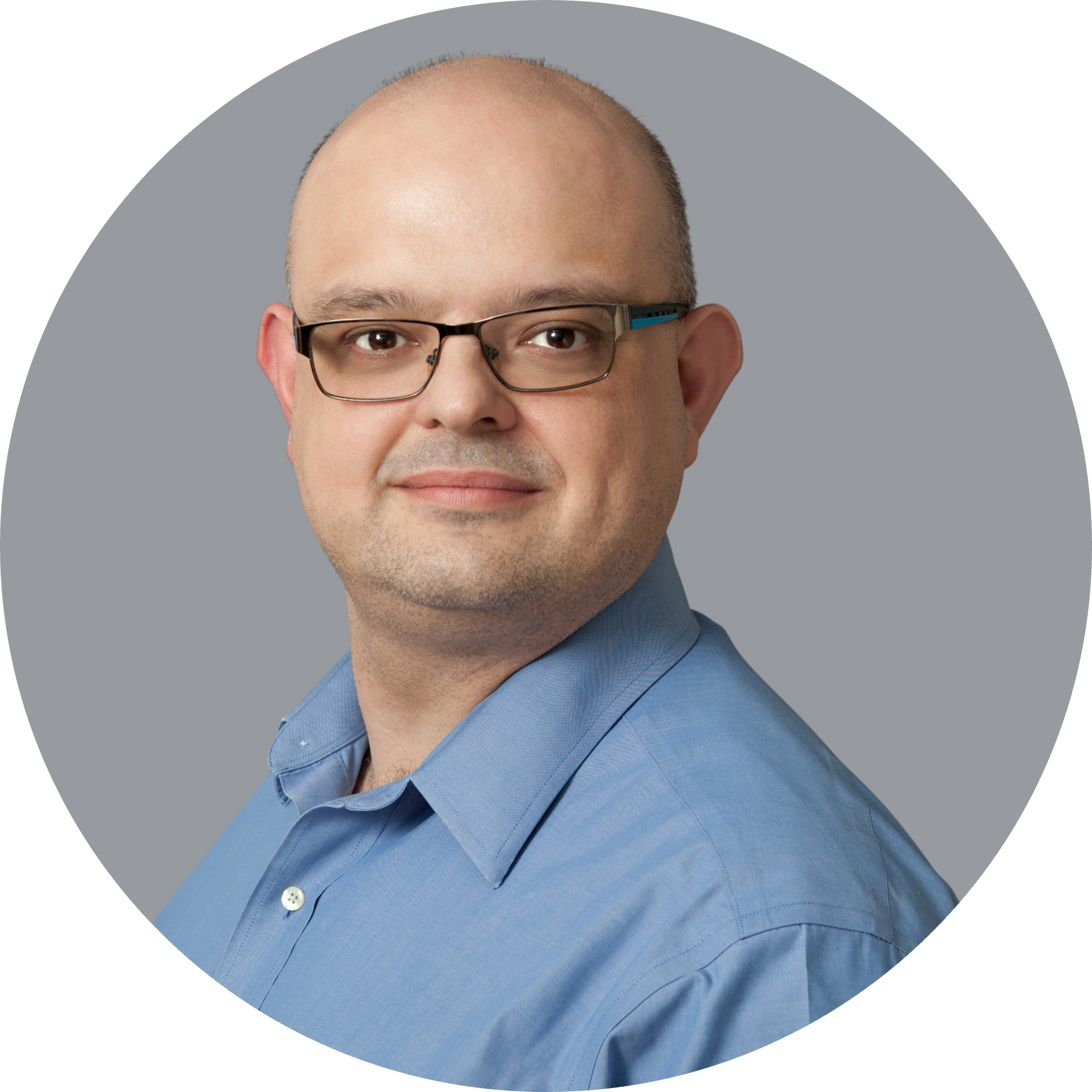
Alumni
Interns
Pierre DE CORDOVEZ (M2)
Anastasiia DUBROVA (M1)
Solène MOREAU (M2)
Brice PICHARD (M1)
Pierre PLATEVOET (M2)
Marine PAPET (M1)
Augustin GUICHARD (Eng.)
Dikran MEKHJIAN (M2)
Hidaya M’COLO-MARI (M2)
Wei HE (M1)
Honghong ZHU (M2)
Ekaterina KOZLOVA (M2)
Mariia DOROFEEVA (M1)
Yanni MAHIOU (M1)
Isabel CALVENTE (M2)
PhD Sudents
Alice GRANGIER
Margaux GLEIZES
Postdocs
Kondareddy CHERUKULA, PhD.
Jihad KARAM, PhD.
Suryabragmam BUTI, PhD.
Others
Alice NICOLAÏ (MCF cdd)
Benjamin MARCEL (tech.)
Aruna KUNDURU (tech.)
Sabrina BARBASTE (tech.)
Florence GAZEAU – Researcher (CNRS) – florence.gazeau@u-paris.fr
Florence Gazeau (Physicist, senior CNRS researcher, 52 years old, female) received her PhD in solid state physics from Université Paris Diderot in 1997. She is CNRS researcher since 1998 and senior researcher (DR1) since 2016. Since 2016, she is deputy director of Matière et Systèmes Complexes Lab, gathering more than 160 peoples at the interface of Physics, Biology, Chemistry and Environment. She has created in 2019 and still animate the MSC Med antenna dedicated to medical translational research and bioengineering innovation on the Campus Saint Germain site, regrouping about 40 peoples from different disciplines, together with 2 spin-off companies and the expertise platform IVETh dedicated to extracellular vesicles and nanovectors. She is author of 180 international publications in high impact factor interdisciplinary journal (ACS Nano, PNAS, Nanoletters, JACS, Biomaterials, Radiology, Advanced Materials, Advanced Functional Materials, ELife, Magnetic Resonance in Medicine …) with more than 15 000 citations and a factor h of 63 (https://scholar.google.com/citations?hl=fr&pli=1&user=shPWptkAAAAJ) ou (Orcid 0000-0002-6482-3597). She is co-inventor of 8 patent applications, 4 of which have been licensed to spin-off companies EVerZom and EVORA Bioscience, from which she is scientific adviser and co-founder, respectively. She gave more than 50 invited talks at conferences. Her work has established an internationally recognised research group in biomedical applications of nanoparticles (Cell tracking by MRI, Magnetic and photothermal therapy, tissue engineering), nanotoxicology, life cycle and long term fate of inorganic nanoparticles, nanometrology, mecanobiology of cancer and drug delivery and regenerative medecine with biological or bioinspired vesicles. She has been involved in 5 european projects (FP7,H2020 collaborative, Fet Open, MSCA Doctoral Network starting in 23) and more than 20 national projects (ANR, Anses, Sesame IDF, Sesame PIA Filière, INCA, IdEX UParis, LabEX Seam, ITMO Cancer, MITI CNRS, Prematuration CNRS and UPCité…).
Amanda SILVA BRUN – Researcher (CNRS) – amanda.brun@u-paris.fr
Amanda K. A. Silva (Pharmacist, CNRS researcher, 38 years old, female) obtained a PhD on Pharmaceutical Technology in 2008 and a second PhD in Cellular and Molecular Biology in 2010. In 2013, Amanda obtained a tenured CNRS researcher position in France. She works at Laboratoire Matière et Systèmes Complexes (MSC, UMR 7057) at Université Paris Cité, mainly focusing on high-performance approaches for (i) extracellular vesicle (EV) production based on a turbulent flow stimulation directly in bioreactors; (ii) EV loading for anti-tumor therapy as well as (iii) EV administration in a hydrogel for regenerative medicine (fistula therapy and esophageal stricture prevention). This research set the basis and the patent portfolio (4 licensed patent applications) for founding 2 spin-offs: EverZom (a bio-production start-up – 16 employees) and Evora Bioscience (a biotherapy start-up – 6 employees). Amanda actively contributes to them as chief scientific officer (CSO). Amanda was awarded the CNRS Innovation Medal in 2021 and “Prix des innovateurs en santé” from Région Île-de-France in 2020. Amanda is the Vice-President of the French Society for Nanomedicine (SFNano). Amanda has recently launched and co-coordinated the group “Extracellular Vesicle translatiOn to clinicaL perspectiVEs – EVOLVE France” together with a clinician colleague to address regulatory issues on EV-based biotherapies. Amanda coordinates with Ariel Lindner the associative project DIM Bioconvergence pour la Santé (12.5 M€) structuring and accelerating innovation on bioproduction, biotherapies and synthetic biology at Region Ile de France. Amanda published 67 papers. Her current research projects on EV bioengineering are funded by an ERC grant (1.5 M€) and by the Grand défi Biomédicament grant (1.4 M€) she coordinates.
Jean-Marc DI MEGLIO – Professor (Université Paris Cité) – jean-marc.dimeglio@u-paris.fr
Graduated from ESPCI, Jean-Marc Di Meglio obtained a PhD in physical sciences at the Pierre-et-Marie-Curie University in 1984 studying microemulsions and films of surfactant molecules using ESR. He then worked on colloidal crystals at the ExxonMobil research center as a research assistant at the University of Pennsylvania before joining the CNRS in 1985 as a research fellow in the laboratory of Pierre-Gilles de Gennes at the Collège de France where he studied wetting and capillary phenomena. In 1994, he was appointed professor of physics at the University of Strasbourg and researcher at the Charles Sadron Institute. He is interested in soap films, bubbles, foams, granular matter, polymer physics, colloids and vesicles (experimental soft matter). Since 2002, he has been a professor at Paris Diderot University (now University of Paris) where he was the first director of the Complex Matter and Systems laboratory (MSC) from 2005 to 2009. He now focuses his research on biomechanics and more precisely in the MSC-med lab on the:
– study of the locomotion of nematode worms versus age and environment;
– micromanipulation of biopolymers using AFM;
– development of frugal physics instrumentation, in particular for the behavioral analysis of mice and worms.
Gregory LAVIEU – Researcher (INSERM) – gregory.lavieu@inserm.fr
Grégory Lavieu, cell biologist expert in membrane trafficking.
G. Lavieu is currently an INSERM researcher, at the head of ERL U1316, holder of a Chair of Excellence from Paris Cité University, and conducts his research in the UMR7057 / MSC laboratory.
Previously, he identified and characterized a new mode of transport dedicated to the trafficking of macromolecules within the Golgi apparatus, an intracellular sorting station.
More recently, G. Lavieu and his research group have undertaken to characterize at the cellular and molecular levels the intercellular transport mediated by extracellular vesicles (exosomes) and to identify the machinery essential to this cellular function.
Stéphanie MANGENOT – Physicist, Professor (Université Paris Cité) – stephanie.mangenot@u-paris.fr
Trained as a physicist, I am now a biophysicist working at the interface of physic and biology. During my Phd in Orsay, (Lab. de Physique des solides; F. livolant), and my post doc in Munich (LMU, LS Raedler), I was mainly interested in understanding the organisation of dense DNA either in bacteriophage or in Eucaryotic nucleus. I have by appointed Assistant professor, at the University of Orsay, where I was interested in understanding the dense phase of isolated nucleosome core particle and chromatin using in vitro approaches. I then joined, the Curie Institut, Laboratoire Physico Chimie Curie, were I started new research subjects. I first studied the conformation of membrane proteins with AFM and scattering technics and then I studied membrane trafficking. Since 2020, I joined, the MSCmed lab, where I start new research subject focusing on understanding the uptake of EV by the host cell. During all my research subjects, I always used in vitro systems, which allows a precise control of all the important physical parameters.
Vincent FLEURY – Researcher (CNRS) – vincent.fleury@u-paris.fr
Vincent Fleury (born 20 december 1963) is Directeur de Recherches au CNRS. He owns a degree from the Ecole Polytechnique (84), where he also did a PhD thesis in electrochemical growth of metallic dendrites. His first interest was in physics of morphogenesis of branching structures. After his thesis, he turned to biophysics of development. He studies several aspects of development : embryo as a whole, and organ development, but also vascular development and remodeling. His current interests are in the physics of vascular pathologies, and in the regeneration of organs and limbs. While entire regeneration is still a remote challenge, the current interest in the lab is to stimulate existing organs, while not regenerating entirely new organs ex nihilo. The current projects (with financement from the Fondation CNRS) include attempts to accelerate jaw and limb growth by electrical stimulation, in order to improve the health of children with hypoplasic (too small) jaws or fingers. Other projects include in vivo studies of vascular remodeling around cancerous tumors, especially in the chicken chorio-allantoïc membrane, but also in mice.
Hugo SALMON – Assistant professor (MCF – Université Paris Cité) – hugo.salmon@parisdescartes.fr
I am Assistant Professor of Physics at Paris University and a (bio)physicist working at interface between physics, engineering and biology. I did my PhD in Laboratoires de Photonique et Nanostructures (now C2N) on magnetic microrobot on chip then my postdocs in Mignet group at Faculté de Pharmacie of Université Paris Descartes and Tabrizian group at Faculty of Biomedical Engineering of McGill University in Canada where I developed on chip method to characterize biotherapeutics and nanomedicines. My research work is dedicated to study the interaction between living matter and nanoparticles with a biophysics angle taking advantage of on-chip engineering and analytical techniques. My current research is hosted at MSC and T3S. I focus on the interplay between sub-cellular vesicles and neurological matter and use this knowledge to explore both fundamental and therapeutical aspects.
Julia DANCOURT – Assistant Professor (MCF – Université Paris Cité) – julia.dancourt@ext.inserm.fr
soon
Nathalie LUCIANI – Biologist, Research Engineer – nathalie.luciani@u-paris.fr
soon
Kelly AUBERTIN – Research Engineer – Scientific chief advisor (Université Paris Cité) – kelly.aubertin@u-paris.fr
I am a (bio)physicist working at the interface of physics, biology and medicine.
I did a PhD at the Laboratoire MSC (Université Paris Cité, Paris – France) and a second postdoc within an INSERM Unit (Goetz Lab, Strasbourg – France) in Cell Mechanics looking at the robustness of intracellular trafficking and the relation between viscoelasticity and cancer treatment and progression. I did my first postdoc in biomedical imaging using Raman spectroscopy as a diagnostic tool for prostate cancer (CRCHUM, LRO Montréal – Canada). At MSC-Med, I’m the scientific chief advisor of the IVETh facility focused on the production, the engineering, and the characterization of extracellular vesicles. Within the facility, I’m also in charge of developing the biomolecular characterization of extracellular vesicles using Raman spectroscopy.
Sergei KRUGLIK – Research Engineer (Sorbonne Université) – sergei.kruglik@sorbonne-universite.fr
At MSC-Med, I am working on a collaborative project involving characterization of extracellular vesicles using Raman Tweezers Microspectroscopy (RTM). I am the author of RTM technique development for nanoscale bioparticles characterization, expert in Raman spectroscopy with more than 30-years’ experience of scientific research in leading laboratories in Japan, The Netherlands, Canada, and France, the author of more than 70 scientific papers. My areas of expertise include, among others: Laser Physics, Physical Chemistry, Optical Spectroscopy, Time-resolved Spectroscopy, Biophotonics, Medical Diagnostics and Imaging, Biomolecular Vibrational Analysis, Biomembranes, Extracellular Vesicles and other Nanoscale Bioparticles, Singlet Oxygen, Molecular Transport, Drug Delivery.
Sarah RAZAFINDRAKOTO – Engineer (Université Paris Cité) – sarah.razafindrakoto@u-paris.fr
I am a biologist working at the interface of biology, chemistry and nanomedicine. I did a Master degree in Integrative physiopathology, working on degradation of magnetic nanoparticles in mouse tissues and pancreatic tumor tissues (Laboratoire MSC, Paris – France). For my final year internship, I worked on the optimization of stem cell culture on microcarriers for the extracellular vesicles production (EVerZom, Paris – France). I also worked on the isolation of extracellular vesicles by Tangantial Flow Filtration. At MSC-Med, I’m a biological engineer focused in the cell culture, the production and the isolation of extracellular vesicles. I am involved as well in the IVETh facility as the Chief Technical officer for the characterization of extracellular vesicles.
Dmitry AYOLLO – Engineer – dmitry.ayollo@u-paris.fr
I am a research engineer at IVETh facility responsible for high-content screening microscopy and optical microscopy in general. I received my PhD in experimental oncology in 2011 in Russian Cancer Research Center (Moscow). After that I worked on several post-doctoral projects in the fields of cell biology, biochemistry of cytoskeleton, and tissue engineering. In all cases my main research tools were different types of optical microscopy and image analysis. My main goal as an RI is to provide individual assistance based on my 17+ year-long experience to all the researchers working with the IVETh facility.
Fahima DI FEDERICO – Biologist, Engineer – fahima.di-federico@u-paris.fr
soon
Salwa ABID – Biologist, Engineer – salwa.abid@cnrs.fr
I am an engineer in biochemistry, molecular and cellular biology. I have a Master’s degree in cellular engineering and I performed two 6-month internships in Team 2RCT, a research laboratory specializing in the study of receptors involved in tumor progression, at the University of Poitiers.
My first professional experience as a biological engineer was in the team 2 of the INSERM U1131, so that I studied the effects of various chemical compounds on the EBNA1 protein of the Epstein-Barr virus (EBV) to develop new therapies against EBV-related cancers.
After that, I worked as a biological engineer within team 1 of INSERM U970 at Paris Cardiovascular Research Center (PARCC). I Studied the circulating extracellular vesicles, intravascular hemolysis and phosphatidylserine inhibitors during thrombosis. I, also, studied the effect of large extracellular vesicles (lEV) from the plasma of coronary artery diseases patients on endothelial apoptosis in vitro.
Besides that, I was in an engineering position focused in studying the hair follicle stem cells from skin biopsies in order to identify biological markers and better characterize patients suffering from hidradenitis suppurativa (Verneuil’s disease).
Currently, I’m a biological engineer at MSC-Med lab and I’m focused in the characterization of extracellular vesicles in complex biological fluids and the identification of the presence of titanium dioxide or iron oxide nanoparticles in milk and their transfer from mother to child via extracellular vesicles.
Estelle SURPLY – Biologist, Assistant Engineer – estelle.surply@cnrs.fr
I obtained my BTS in biotechnology at the Lycée Pierre Gilles de Gennes – ENCPB.
For 1 year I worked as a laboratory technician in quality control in a food company.
Now I’m an assistant biology engineer in charge of production, isolation and characterization of extracellular vesicles in the MSC Med laboratory. I also provide services for the IVETh platform.
Christopher RIBES – Biologist, Technician – christopher.ribes@inserm.fr
soon…
Mahshid HASHEMKHANI- Postdoc Researcher – mahshid.hashemkhani@u-paris.fr
I am an interdisciplinary scientist working in the field of Materials Science, Chemistry, biology, and medicine.
I got my PhD at Koc University and did a one-year postdoc there. My research was focused mainly on the combinational therapy of cancer (image-guided chempotherapy as well as photodynamic/photothermal therapy) using Ag-based quantum dots. At MSC-Med, I am working on utilization of different Ag2S quantum dots as a nanothermometer to visualize the cells and monitor the fate of nanoparticles in the cells over time as well as utilize them as a therapeutic agent (photothermal therapy). In addition, the mechanisms of action of nanoparticles in the cells along with the biodistribution of them in 3D cell culture and in vivo models will be studied.
Fabien PICOT – Postdoc Researcher – fabien.picot@u-paris.fr
I am a postdoctoral fellow working in engineering, optical physics and data science for applications in the medical field.
I did my Eng PhD in Biomedical Engineering at Polytechnique Montreal (Montreal, Canada) during which I developed an optical Raman probe to enhance the guidance of prostate biopsy procedure. This project culminated with the world first pilot-study on 18 patients at the University of Montreal Hospital Research Centre (CRCHUM) demonstrating in situ prostate cancer detection by using Raman spectroscopy.
Then I joined MSC (Université Paris Cité, Paris, France) as a post doctorate to set up a Raman spectroscopy platform for a label-free characterization method of extracellular vesicles (EV). The main objective is double : to find new EVs-based biomarkers for diagnosis purposes and to assess the quality of bio-produced EVs batches for therapeutic applications (drug delivery etc …). My work focuses on the optimization of the experimental workflow from sample collection to optical acquisition as well as the data processing based on machine learning techniques.
Amrutha PRABHAKARAN – Postdoc Researcher
I am a Chemist working in the field of membrane biophysics. I did my Bachelor’s and Master’s in Chemistry from India. I pursued my PhD at Dublin City University, Ireland as a Marie Skłodowska-Curie early stage researcher as part of LogicLab ITN. My PhD thesis focused on the translation of triplet-triplet annihilation upconversion to liposomal systems and the use of microcavity supported lipid bilayers as tools to interrogate the behavior of novel photosensitizers, and drugs using surface sensitive methods. I did my secondment at Leibniz-IPHT in Jena, Germany, where I worked on the time-resolved spectroscopy of photosensitizers in solution and bio-membranes to evaluate their triplet state properties. Before my PhD, I was doing research on electrochemical biosensors using laser scribed graphene electrodes at CSIR-CECRI, India.
I joined MSC-med lab (jointly with PASTEUR Laboratory – Département de Chimie de l’ENS) in October 2023 and here, I am assessing the curvature preference of proteo-liposome as a function of temperature.
Daniele D’ARRIGO – Postdoc Researcher – daniele.darrigo@u-paris.fr
I am a postdoctoral researcher in the field of extracellular vesicles (EVs), to which I contributed by optimizing the isolation and characterization processes from biofluid and solid tissues in different pathophysiological conditions.
My current research activities (at NABI unit, University of Paris-Cité, in collaboration with Abbelight, Cachan, France) focus on the optimization of super-resolution microscopy to image and characterize EVs by using a model system. I have a PhD in Converging Technologies for Biomolecular Systems (University of Milan-Bicocca, Milan, Italy), during which I developed a new isolation method based on the Asymmetrical flow field-flow fractionation (AF4) to separate EVs based on their size from the nanoscale to the microscale. I also compared the EVs isolated from fresh and frozen tumoral tissues and optimized a patient-specific microfluidic 3D model of an osteoarthritic joint. Previously, I worked in the Cell and Tissue Engineering Lab at the IRCCS Galeazzi Orthopedic Institute (Milan, Italy), mainly on tendon regenerative medicine. During my master thesis at the University of Parma (Parma, Italy) I participated in the validation of a new biomimetic functionalization of titanium implants to improve osteointegration of bone prostheses.
Lucile ALEXANDRE – Postdoc – lucile.alexandre@u-paris.fr
I am a biophysicist researcher specializing in extracellular vesicles. My academic journey encompasses a foundation in theoretical physics and a degree in Physics of Complex Systems, complemented by a foray into humanities with a master in History and Philosophy of Sciences. Broadening my horizons, I gained valuable experience working as a scientific manager at the French Embassy in the USA. During my Ph.D., supervised by Prof. Stéphanie Descroix, I focused on advancing biomarker extraction through the development of a dynamic microfluidic filter. As a postdoctoral fellow, I was awarded an MSCA fellowship to realize my own project, between Canada and France on the extraction and characterization of extracellular vesicles. This new expertise led me to join the team of Prof. Florence Gazeau at MSC-Med, where I contribute to the loading of extracellular vesicles for the PEPR CARN project.
Pierre TAPIE – Postdoc – pierre.tapie@u-paris.fr
After a master’s degree in physics at Sorbonne University, I decided to become interested in biological systems. Indeed, after having done a thesis on tactile perception in the Jean Perrin laboratory in Sorbonne University, I am now working on the fusion of extracellular vesicles with the plasma membrane in the group of Grégory Lavieu and Stéphanie Mangenot.
André CRONEMBERGER – Postdoc – andre.cronemberger@cnrs.fr
I am a postdoctoral fellow working in bioproduction of therapeutic extracellular vesicles in regenerative medicine.
I studied immunomodulatory activity of parasitic infected macrophages EVs in my master´s in Biotechnology at FIOCRUZ and the role of parasitic EVs during infection on Chagas disease at my PhD in Biology at the Federal University of São Paulo. I worked as postdoctoral researcher at the Experimental Cell Therapy Laboratory at PMU in Salzburg with angiogenic and immunomodulatory activity of EVs from iPSC, MSCs, plasma and cancer cells. I am intereted in develping strategies and tecnology to boost production and funtionality of extracellular vesicles.
Sheryl BUI – Postdoc – sheryl.bui@etu.u-paris.fr
soon…
Zahra Al Amir Dache – Postdoc – zahra.al-amir-dache@inserm.fr
soon…
Sabah MOZAFARI – Neuroscientist, Postdoc – sabah.mozafari@u-paris.fr
I am a biomedical researcher in the field of neurodegenerative diseases, oligodendrocytes, myelin and human stem cell biology.
I have a clinical background in Nursing-Anesthesia, a master in Medical Physiology (from Tarbiat Modares University, Tehran, Iran), a second master and a PhD in Cellular and Molecular Neurosciences (from Sorbonne University, Paris, France). I did my first thesis in adult brain self-repair capacity and my second thesis in central nervous system regeneration by cell therapy. During my first postdoc (at Paris Brain Institute – ICM), I generated humanized animal models using iPS cells to investigate oligodendrocyte pathophysiology in multiple sclerosis (MS). I joined MedDay pharmaceutical company to experience translational research, targeting brain metabolism. My current research activities (at Material and Complex Systems – MSC laboratory, MSC-med department, CNRS, University of Paris) focus on cell-free based biotherapies (via extracellular vesicles and mitochondrial transplantation) for treatment of neurodegenerative diseases with metabolic dysfunction.
Anna SEBBAGH – PhD student (supervisors: Amanda Silva Brun, Gabriel Rahmi [HEGP])
I am a medical student interested in regenerative medicine and tissue engineering for hepato-gastroenterology applications. During my previous internships, I have worked on a liver-on-a-chip model (Laboratoire BMBI, Compiègne, France) and on microbial interactions in the dysbiosis of inflammatory bowel diseases (Microbiote, Intestin et Inflammation team, CRSA, Paris, France). At MSC-Med, I am working under the supervision of Amanda Silva Brun and Gabriel Rahmi on the development of in vitro and ex vivo potency tests to characterize and compare the potential of extracellular vesicles from different sources for the treatment of inflammatory bowel diseases.
Giulio AVVEDUTO– PhD Student (supervisors: Florence Gazeau)
I am a physicist and nanotech engineer studying the dynamics of nanomaterials at the interface of biological environment.I concluded my Master in Nanotechnologies for ICT at Politecnico di Torino (IT) and a master in Quantum Devices at Paris VII with a thesis on multifunctional nanovector for drug delivery remotely activated.
I am currently studying the fate of metallic and non-metallic nanomaterials in biological environment (in vivo/ in vitro) focusing maining on the central role of lysosomal sequestration and lysosomal stress induced by the accumulation and long term persistence. Given the multidisciplinary background I developed, I combine cutting edge techniques (such as HRTEM, Raman Microscopy) for biological purposes with innovative approaches.
Sonia BECHAREF – CIFRE PhD candidate at « Laboratoire Matière et systèmes complexes » and the compagny « Nanobactérie »
My career is a bit special. I was trained as a biologist and obtained a BTS in biotechnology followed by a batchelor degree in Bioinformatics in apprenticeship with the compagny Sanofi (Marcy-l’Etoile). After obtaining my degree, I worked as a technician at the Gustave Roussy Institute for 3 years. During this professional experience I developed my skills in cellular biology, molecular biology and animal experimentation. 3 years later, I decided to continue my studies with a Master’s degree in biology, health and ecology at the « Ecole Pratique des Hautes Etudes », still working in apprenticeship at Sanofi (Vitry-sur-Seine). Wishing to continue working in the pharmaceutical industry, I continued my studies in a CIFRE thesis with the company « Nanobactérie » and the laboratory MSC-Med. I am currently working on cholangiocarcinoma, a biliary tract cancer highly resistant to chemotherapy and immunotherapy due to the presence of a dense collagen matrix produced by cancer associated fibroblasts (CAFs). First, the objective of my work is to use nanoparticles with heating properties when activated with an excitation source to destroy the collagen matrix.
Léa JABBOUR – PhD Student (supervisors: Florence Gazeau, Nathalie Luciani, Amanda Silva Brun) – lea.jabbour@u-paris.fr
I am a biologist who graduated from the BioMedical Engineering Master program (BME Paris) in which I specialized in biomaterials. I did my first internship in Singapore (National University of Singapore, 2020) in which I got familiarized in the use of exosomes derived from MSC for cartilage regeneration in an osteoarthritic joint. During my second internship at MSC-Med (Paris, France, 2021), I got to assess the therapeutical properties of extracellular vesicles derived from MSC through a 3D in vitro alveolar model of inflammation. In the continuum of my internship at MSC-Med, my PhD thesis will consist on the production and the characterization of the anti-inflammatory properties of EV from ADSC produced from turbulence in the case of alveloar inflammation and intervertebral disc degeneration.
Hidaya M’Colo-Mari – PhD student (supervisors : Stéphanie Mangenot, Aurélie Bertin (PCC lab, Curie Institute) – hidaya.mcolo-mari@etu.u-paris.fr
I am a biophysicist by training, working on a PhD project at the interface of physics and biology. After obtaining a bachelor’s degree in Physics and Chemistry at Reims Champagne-Ardenne University, I pursued a Master’s degree in Physics for living systems at Toulouse-III Paul Sabatier University. During this later, I studied different approaches to investigate biological entities from a physics point of view, at different scales.
I am now working on the interplay between Septin, the fourth cytoskeletal protein, and ESCRTs, a scission machinery, using an in vitro approach and different imaging technics (Confocal microscope, Cryo-EM, SEM). The bottom-up approach simplifies the complex reality in which those proteins function, while providing an experimental control of the Physicochemical parameters, with the purpose of retrieving information that might be relevant in the crucial Septin-ESCRT interplay during cytokinesis.
Camille CALAMIER – PhD student (supervisor : Vincent Fleury) – camille.calamier@etu.u-paris.fr
Amalie LEINEBO – PhD Student (supervisors: Florence Gazeau)
I am a doctoral student at the MSC-Med working with nanoparticle-induced hyperthermia by dual optical and magnetic stimuli for tumor therapy, investigating the multiscale biological effects of nanoparticle-induced hyperthermia, multi-modal imaging and the combination of hyperthermia and CAR-T-cell immunotherapy in melanoma tumors. I am very enthusiastic about the prospect of using nanotechnology to improve current therapeutic approaches and to develop novel strategies for disease treatment.
I have a master’s degree in Nanotechnology with specialisation in Bionanotechnology from the Norwegian University of Science and Technology, finishing my studies in June 2023. For my Master’s thesis, I conducted research on electrochemical enzymatic biosensors for detection of lactate, with the overall aim of integrating the biosensors into wearable devices to be used for continuous monitoring of lactate in the sweat of endurance athletes. I have also completed one year of medical studies at the University of Oslo.
Huan CHEN– PhD student (supervisors: Florence Gazeau, Claire Mangeney [LCBPT]) – huan.chen@etu.u-paris.fr
I am a CSC (China Scholarship Council) scholarship student and I come from China. I am now majoring in (bio)physics. My mentor is Florence Gazeau. I obtained a master’s degree in biomedical engineering from Donghua University, China, during which I published two work papers as the first author about dendrimers, gold nanoparticles, gene transfection and immunotherapy [https://pubs.rsc .org/en/content/articlelanding/2020/tb/d0tb00678e; https://www.mdpi.com/2079-6374/12/2/71]. At MSC-Med, I focus on the synthesis and characterization of fluorides and their applications in Raman imaging, fluorescence imaging, MR imaging, cell labeling, and immunotherapy of T cells. And I published one work paper as the first author about Raman imaging and fluorescence imaging of multi-functionalized nanoparticles: [10.1002/smll.202305346].
Sylvain CAM – PhD Student (Supervisor: Florence Gazeau) – sylvain.cam@u-paris.fr
I am a biotechnology engineer interested in regenerative medicine and applications of microfabrication technologies to biological sciences.
I graduated from ESPCI Paris as an engineer willing to foster the crosstalk between academical research and industrial applications. I then followed the Life Science Engineering Master at EPFL where I could go deeper on subjects which passionate me such as stem cells, tissue engineering or microfluidics. During my master thesis, in the French start up 4DCell, I developped a spheroid assay by designing hydrogel microwells.
I am now working on the caracterisation and separation of extracellular vesicles to gather a better undertanding of these complex biological objets. I will also invstigate on how vesicles can be loaded with a therapeutic agent in an efficient way.
Jean-Baptiste MATTIONI – PhD student (supervisors: Florence Gazeau and Amanda Silva Brun) – jean-baptiste.mattioni@etu.u-paris.fr
I’m a pharmacy intern studying therapeutic innovation and research in Paris. As part of this, I have done several internship work in teams at the Assistance Publique – Hôpitaux de Paris (AP-HP), such as the MEARY center for the production of innovative therapeutic drugs, the AP-HP Office for Technology Transfer and Intellectual Property and the Research and the Development Department of the General Agency for Health Equipment and Products (AGEPS) at the AP-HP. I have a Master’s degree in Genetics and I am currently doing a science thesis at the MSC-Med Laboratory under the supervision of Amanda Silva Brun and Florence Gazeau. My research involves developing methods for producing and characterizing extracellular vesicles loaded with proteins/enzymes of interest (CLN3 or GLA) produced from mesenchymal stem cells, with a view to using them as protein vectors for the enzymatic replacement treatment of Batten and Fabry diseases.
Stanislas LOISEAU – PhD Student (supervisors: Jean-Marc Di Meglio, Camille Simon [EVerZom]) – stanislas.loiseau@everzom.com
I hold a degree in Biotechnology Engineering and a Master’s in Bio-Engineering. My practical experience was enhanced during my time at EVerZom, where I participated in scaling up the production of extracellular vesicles to 1L and 10L bioreactors. This involved innovating cell quantity monitoring techniques on microcarriers. Presently, in my Ph.D. studies, I am investigating the impact of turbulent flows on cells grown on microcarriers, mobilizing molecular biology tools, flow modeling and data analysis tools. My research is particularly focused on understanding how these flows affect cell physiology related with the secretion of extracellular vesicles. Additionally, I am developing methods for the characterization of extracellular vesicles, including Atomic Force Microscopy and potency assays, to study the effects of turbulent stress on the characteristics of these vesicles.
Elise MADEC – PhD Student (Supervisors: Amanda Silva Brun et Julien Branchu [EVZ]) – elise.madec@everzom.com
After a BTS in biomedical analysis, I am currently graduated as an engineer in health biotechnology and I have started, as a PhD student, a CIFRE thesis in biophysics and biotechnologies. I am working with EVerZom in collaboration with MSC-Med lab on the characterization of extracellular vesicles in an industrial context. The aim of my PhD is to develop and implement quality controls of MSC secretome during the high scale EV bioproduction process.
Christophe WONG – PhD Student (supervisors: Thibaut Fourniols [EVerZom], Jean-Philippe Herbeuval [LCBPT]) – christophe.wong@everzom.com
After having graduated from an engineering school, specializing in biotechnology and bioprocess, I am currently a CIFRE PhD student between EVerZom, in collaboration with MSC-Med Lab, and CBMIT. My project revolves around how to improve the quantitative and qualitative aspects of extracellular vesicles production, to link the process of production parameters to the immunomodulatory potential of MSC derived secretome and extracellular vesicles, and to understand which active biomolecules are responsible for this effect.
Augustin GUICHARD – PhD student (supervisors: Amanda Silva Brun, Jean-Marc Chatel [Micalis]) – augustin.guichard@u-paris.fr
Nicolas KUSZLA – PhD student (supervisors: Florence Gazeau and Laura Fouassier [CRSA]) – nicolas.kuszla@u-paris.fr
I am an ESPCI-Paris biotechnology engineer interested in biology and nanoparticles. I also graduated with a Master in Biomechanical and Biomedical Engineering from IP-Paris with a major in bio-imaging and bio-fluid mechanics.
I discovered the universe of nanomaterials during a internship at TAG-Heuer Institute where I characterized carbon nanotube composites. Then, I decided to move towards biological applications of nanoparticles by studying at the LPEM (ESPCI-Paris) the interaction between stealthy functionnalized Quantum-Dots and the immune system. After my Master thesis at MSC-med in collaboration with INRAE concerning the transfer of TiO2 nanoparticles via extracellular vesicles, I am now working on the role of extracellular vesicles in the development of biliary duct cancers, under the supervision of Laura Fouassier and Florence Gazeau, and I especially focus on super-resolution optical microscopy to observe and characterize extracellular vesicles.
Panli Yu – PhD student (supervisor: Florence Gazeau)
I graduated from Huazhong University of Science and Technology(HUST)with a master’s degree in Science. I am interested in extracellular vesicle drug delivery systems. During my master scientific training, I was dedicated in improving extracellular vesicle property for better chemical agent delivery in vitro and vivo. I started my PhD study at the MSC-lab in 2023, where I focus on RNA delivey methods based on extracellular vesicles.
Olivier BLANC-BRUDE – Researcher (CNRS) – olivier.blanc-brude@u-paris.fr
soon…
Nikaïa SMITH – Researcher (INSERM) – nikaia.smith@inserm.fr
I am a specialist in cytokine detection (bioplex, Simoa, MSD), flow cytometry and immune cell characterisation.
Franck CHIAPPANI – Head of scientific projects at OTR3 – franck.chiappini@otr3.com
Since my thesis in veterinary school (DVM) focused on the first anatomical description of Macaca fascicularis brain for which I was awarded by the University of Lyon I-Medical School (bronze medal) in the meantime I graduated in pharmacology and toxicology (MSc), I also got a degree in histological analysis of genetically modify rodents at University Paris XI-Sud which I completed with a degree on Animal experimentation.
My PhD was focused on mitochondria dysfunctions, molecular biology and biochemistry during the evolution of hepatic steatosis and steatohepatitis in hepatic carcinogenesis working at Paul Brousse Hospital.
My postdoctoral training allowed me to also specialize in mouse models of obesity and type II diabetes induced by the impairment of the neuroendocrinological system in these mice focused on the paraventricular nucleus (PVN) of the hypothalamus which implicated the hypothalamic-pituitary thyroid axis and the ventro-medial hypothalamus (VMH) for which I published several peer-reviewed publications.
During this period, I was also a member of the IACUC at Beth Israel Deaconess Medical Center-Harvard Medical School.
I also published several papers in the biostatistics and bioinformatic.
And for 7 years, I joint OTR3 company that has developed ReGeneRating Agents (RGTA®) technology. I am currently in charge of the research projects (H2020, ANRs, INCa) as scientific and financial coordinator, the preclinical studies involved in the dossier of medical device which are part of the scientific and regulatory dossier and finally I am responsible in the design and development of the current and the new medical devices that OTR3 is currently developing as well as involved in the veterinary products developed by OTR3.
Since my PhD, I am a regular lecturer at different universities, currently at UPEC and University of Evry-Paris Saclay for master 2 students and for PhD students involved in H2020-SkinTerm.
Alice GRANGIER – PhD Student (supervisors: Amanda Silva Brun, Claire Wilhelm, Florence Gazeau) – alice.grangier@univ-paris-diderot.fr
I am currently a fourth year doctoral student at MSC-Med, under the supervision of Amanda K. A. Silva, Claire Wilhelm and Florence Gazeau. My research focuses on the scale-up of extracellular vesicles (EVs) production and adapting the laboratory’s proprietary manufacturing method to non-adherent cells. In this context, I also contributed to the development of the first academic platform in France devoted to EV production, characterization and engineering for personalized therapies, the IVETh facility [link to IVETh’s website], by implementing cutting-edge technologies for the characterization of EVs, including asymmetric flow field-flow fractionation.
Alice NICOLAÏ – Assistant professor (Université de Paris) – alice.nicolai@u-paris.fr
I am interested in interdisciplinary research, at the interface between biomedical sciences and applied mathematics, especially in probabilistic and statistical modeling.
I mainly studied applied mathematics at the university. Then, I did a PhD [http://www.theses.fr/s213308] (Laboratoire Centre Borelli, Saclay – France) on biosignals representation for medical longitudinal follow-up, and worked particularly in the quantification of postural control for the prevention of falls and frailty in older adults. At MSC-Med, I am an assistant professor working on the multimodal characterization of extracellular vesicles, to use them as biomarker or in therapies. I focus on data analysis, statistical modeling and programming.
